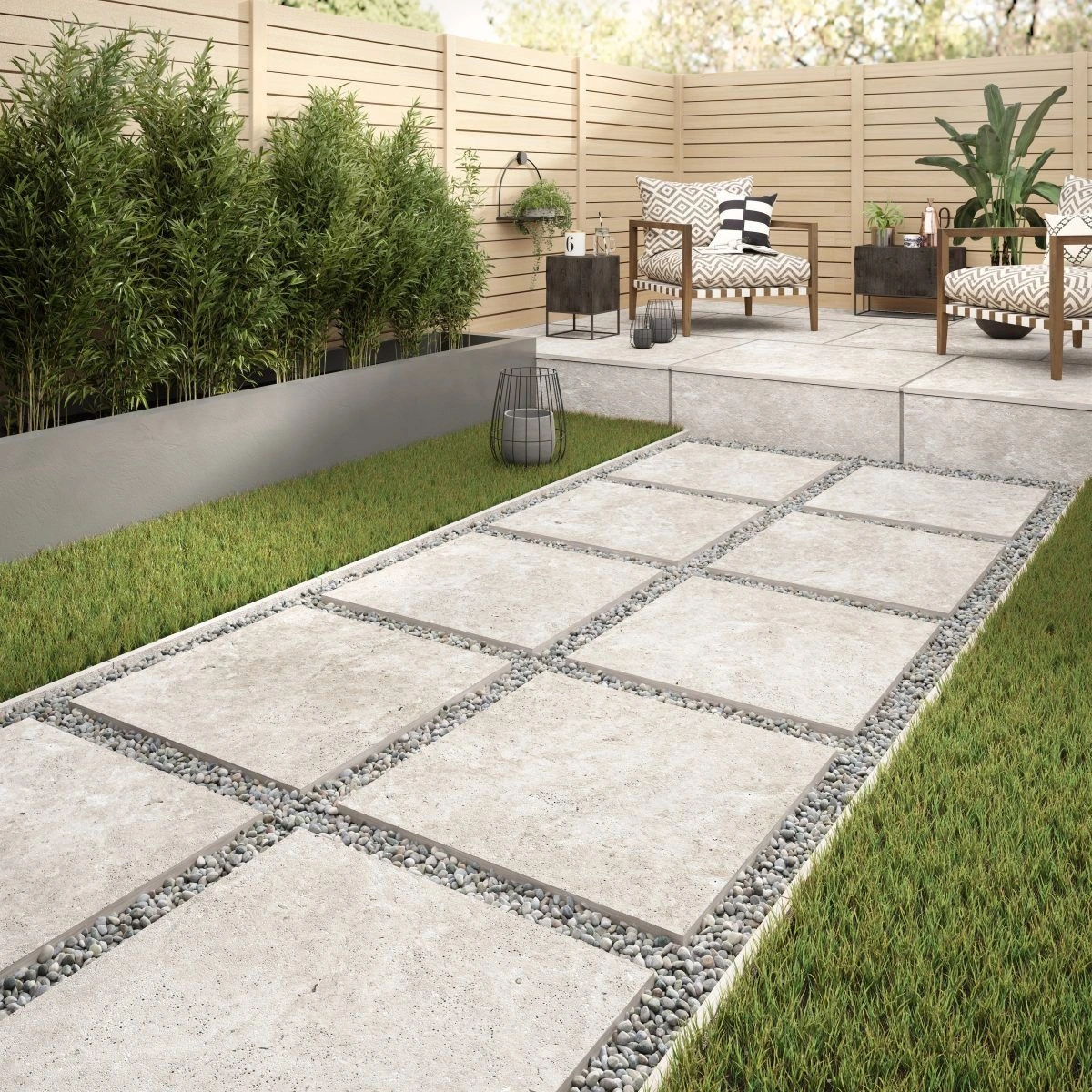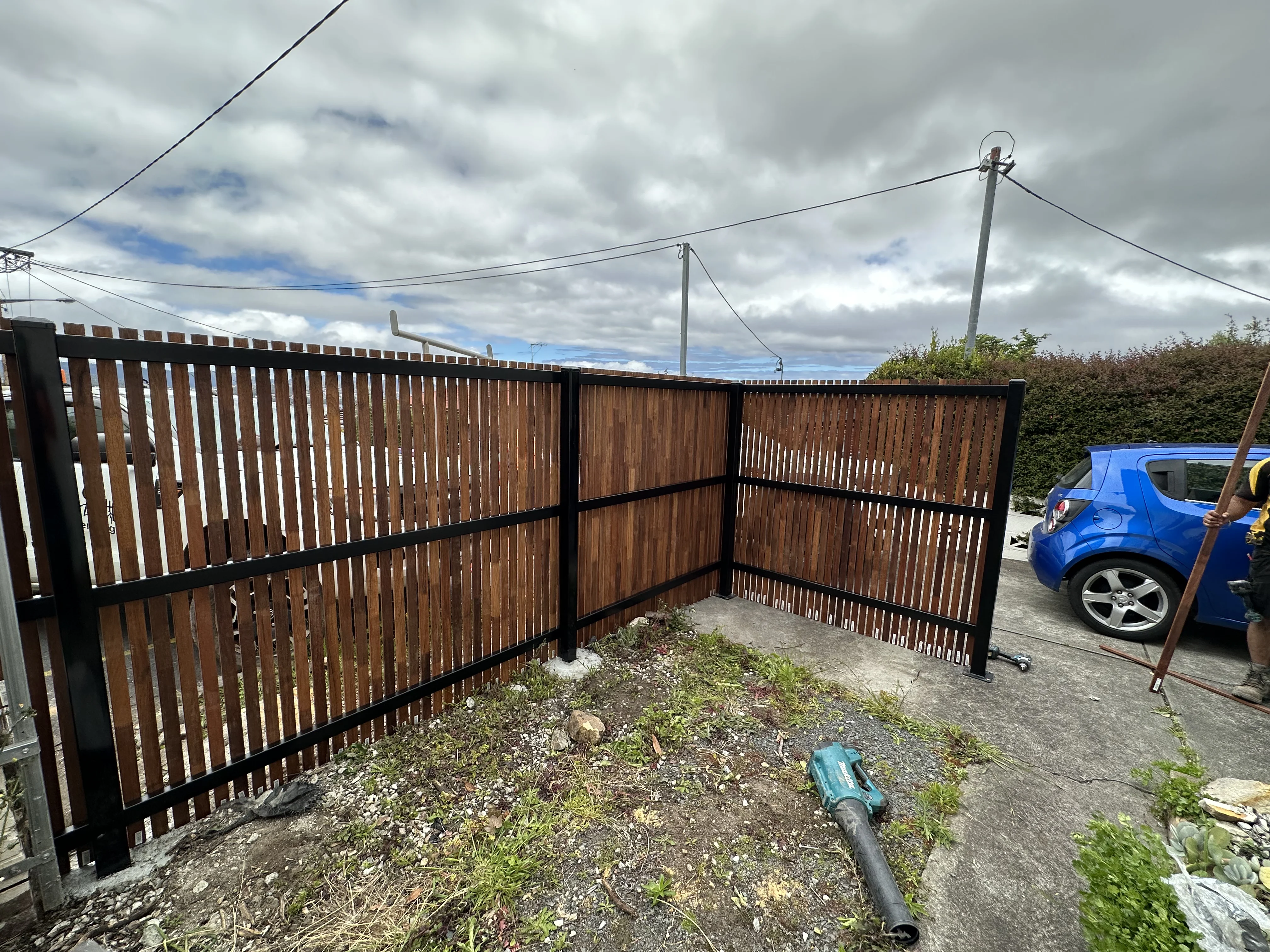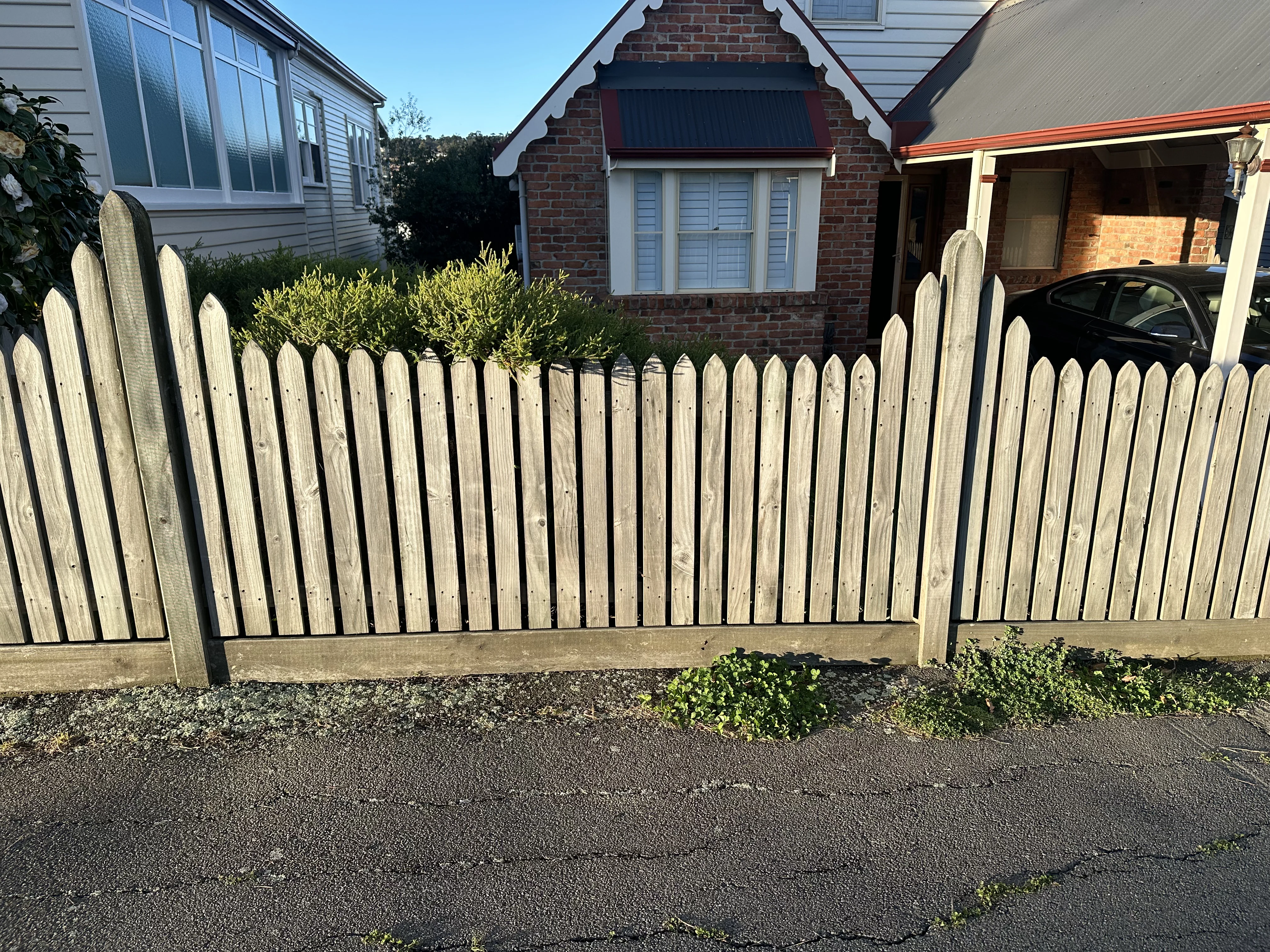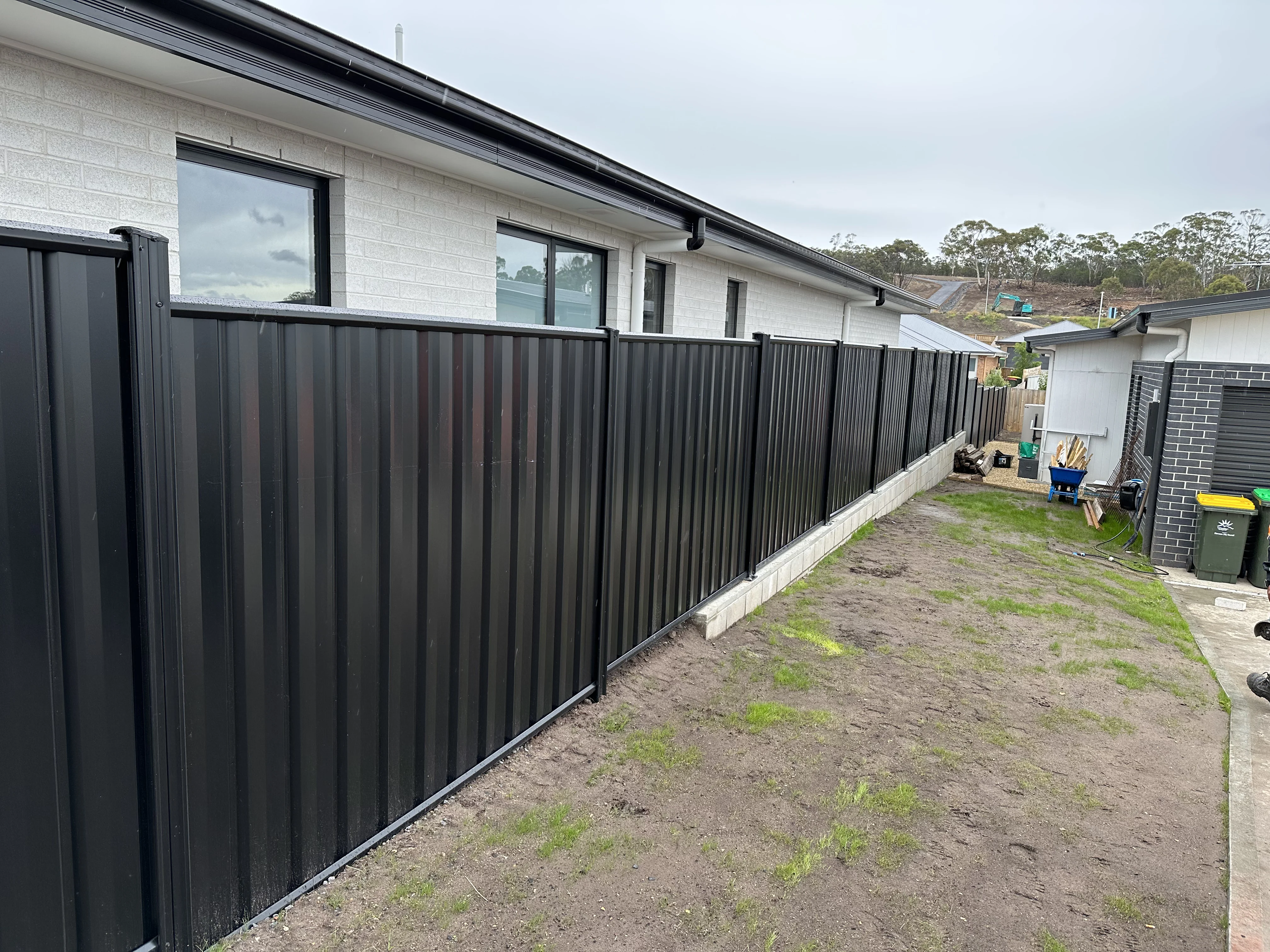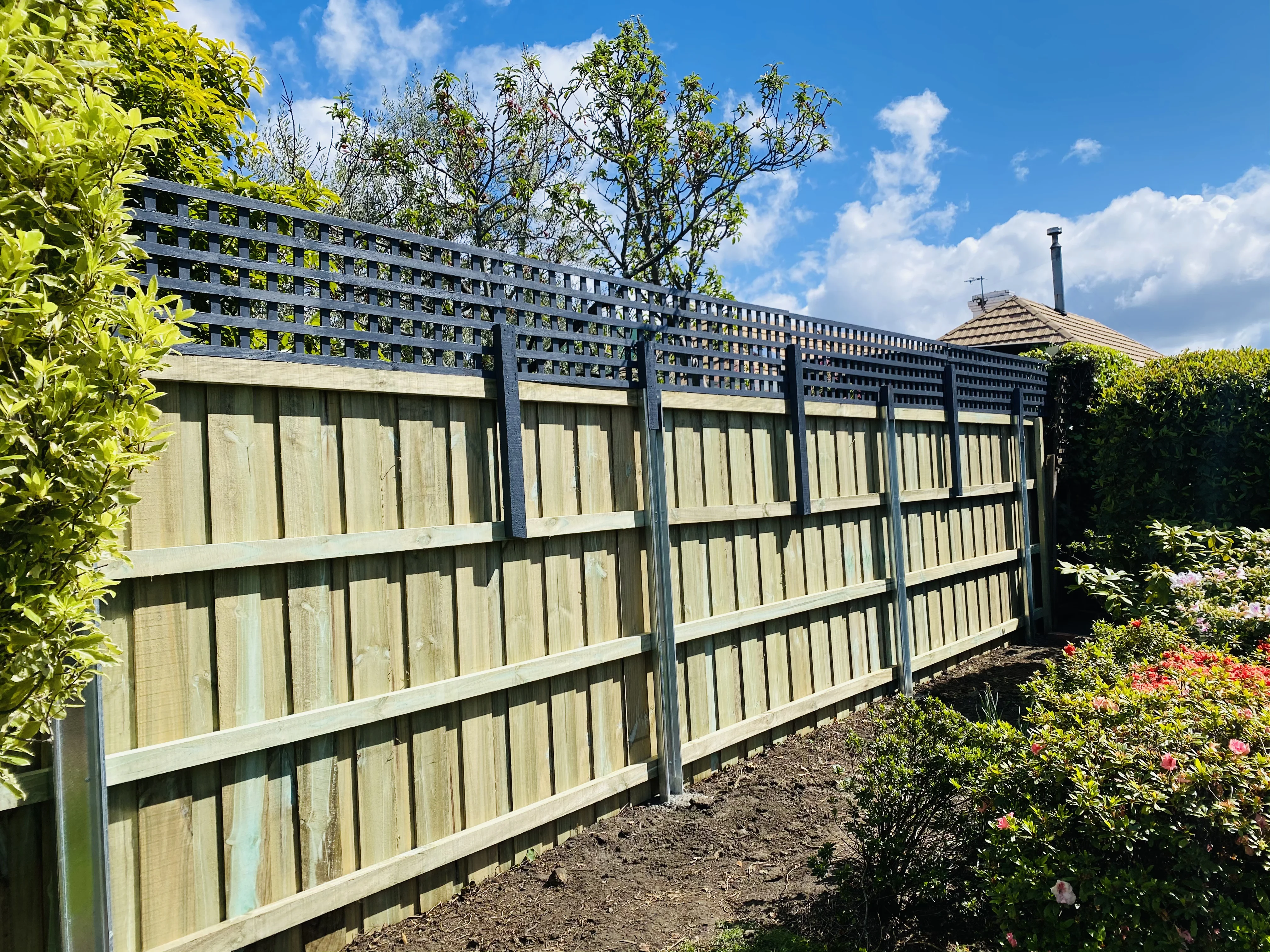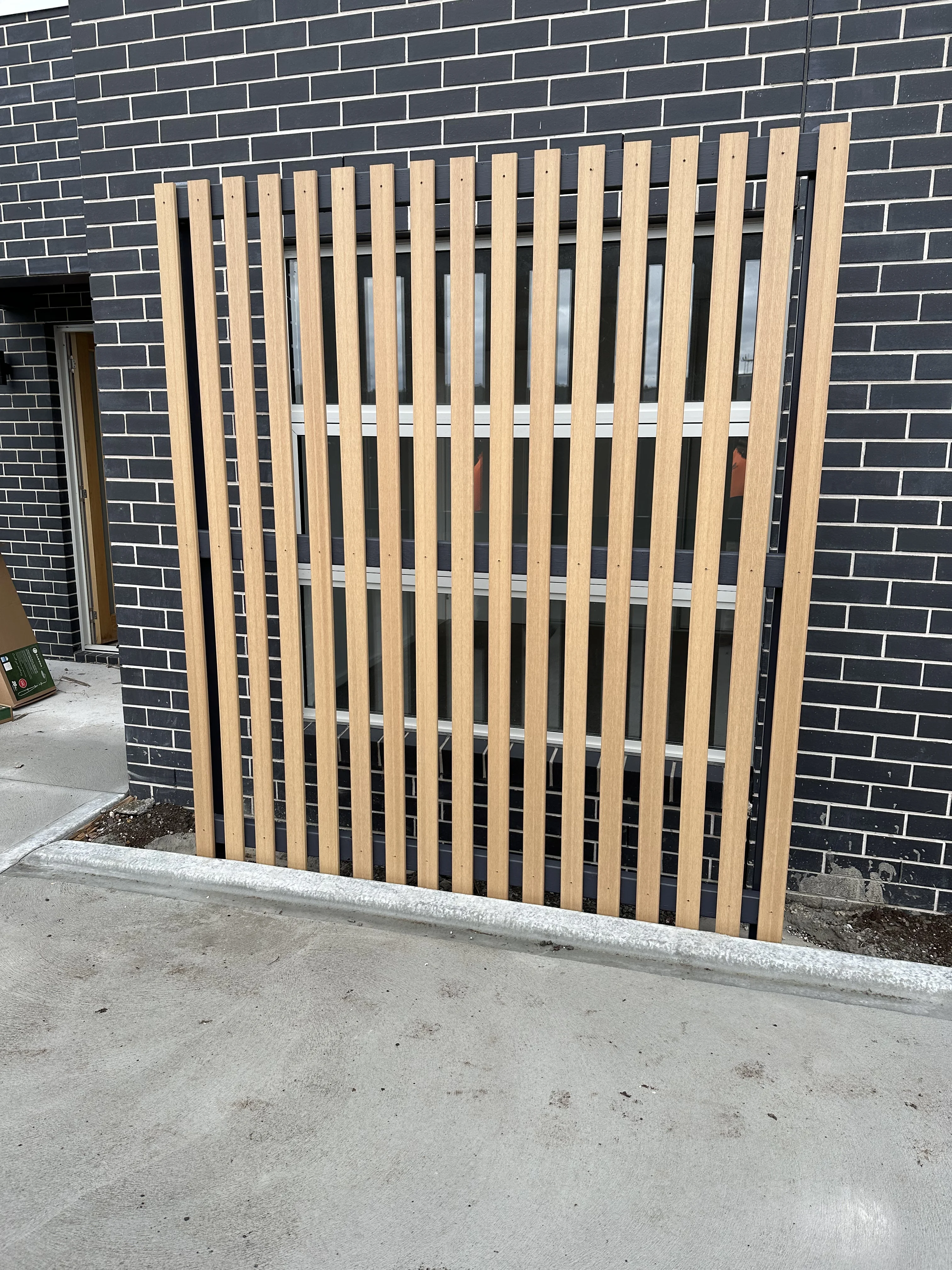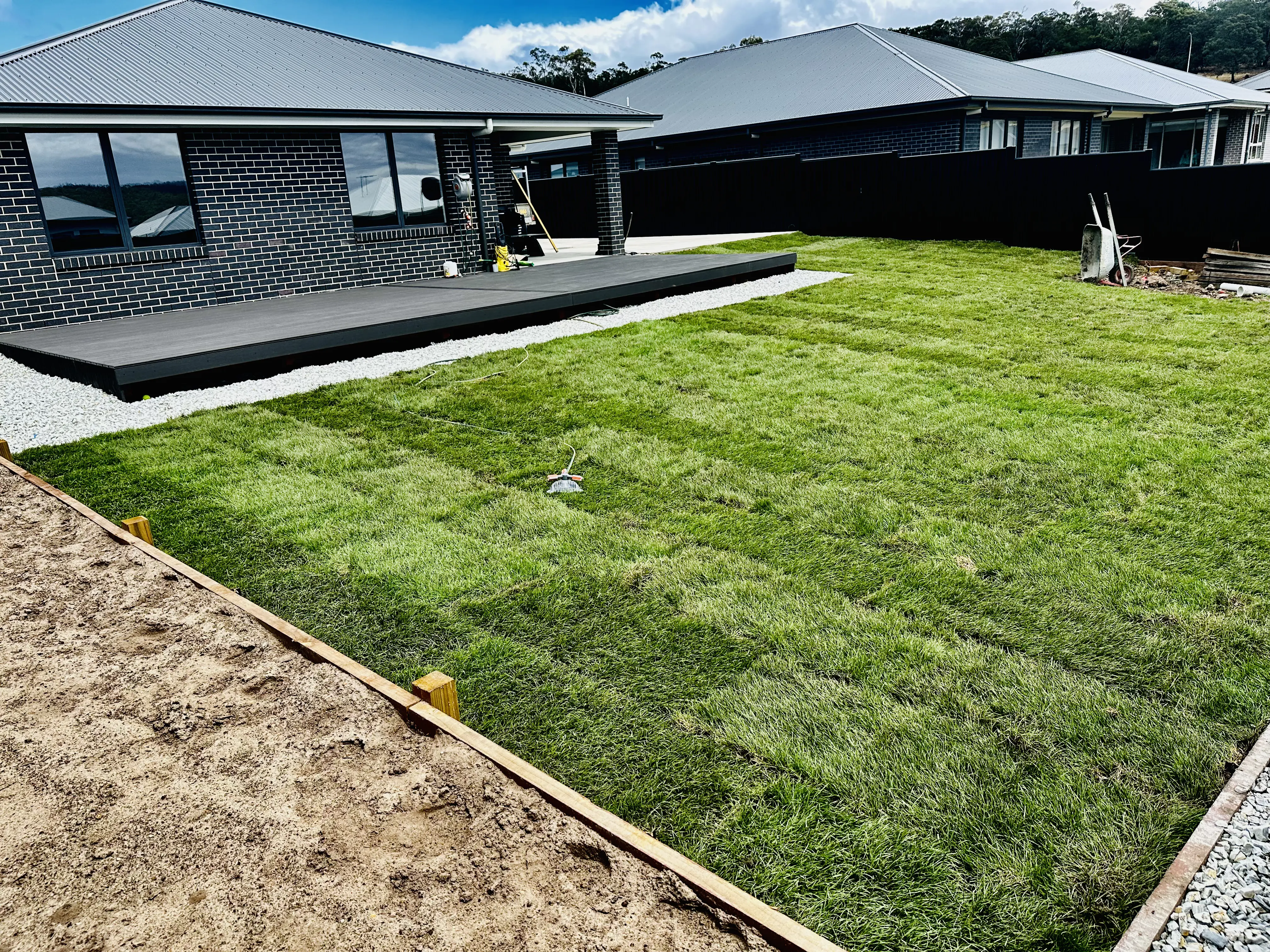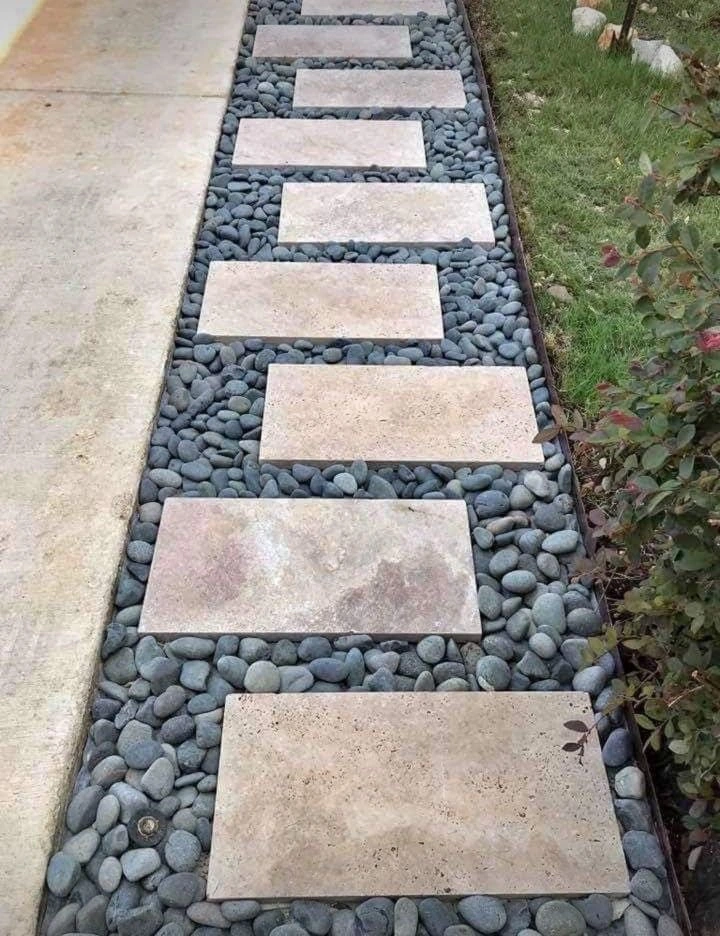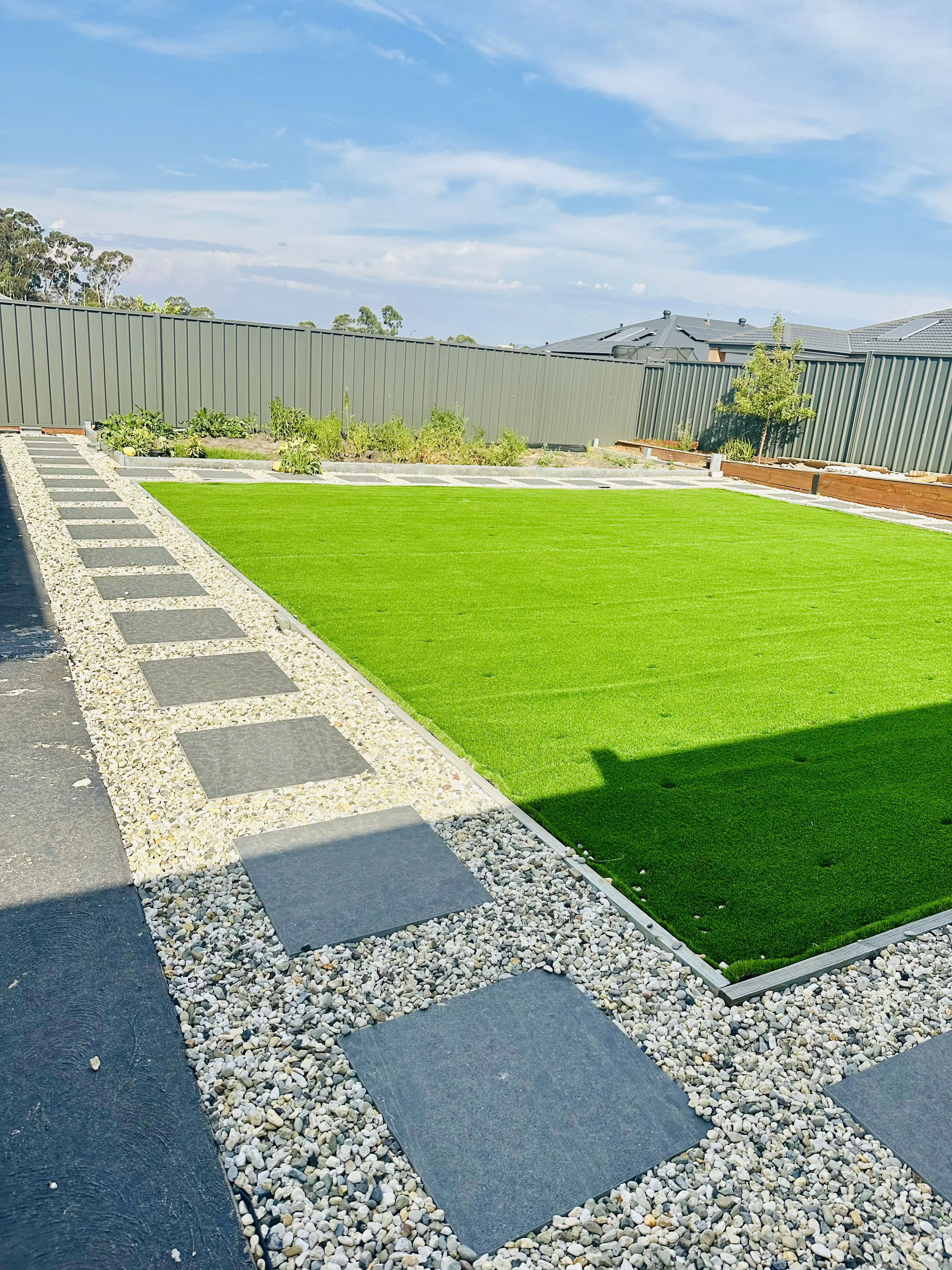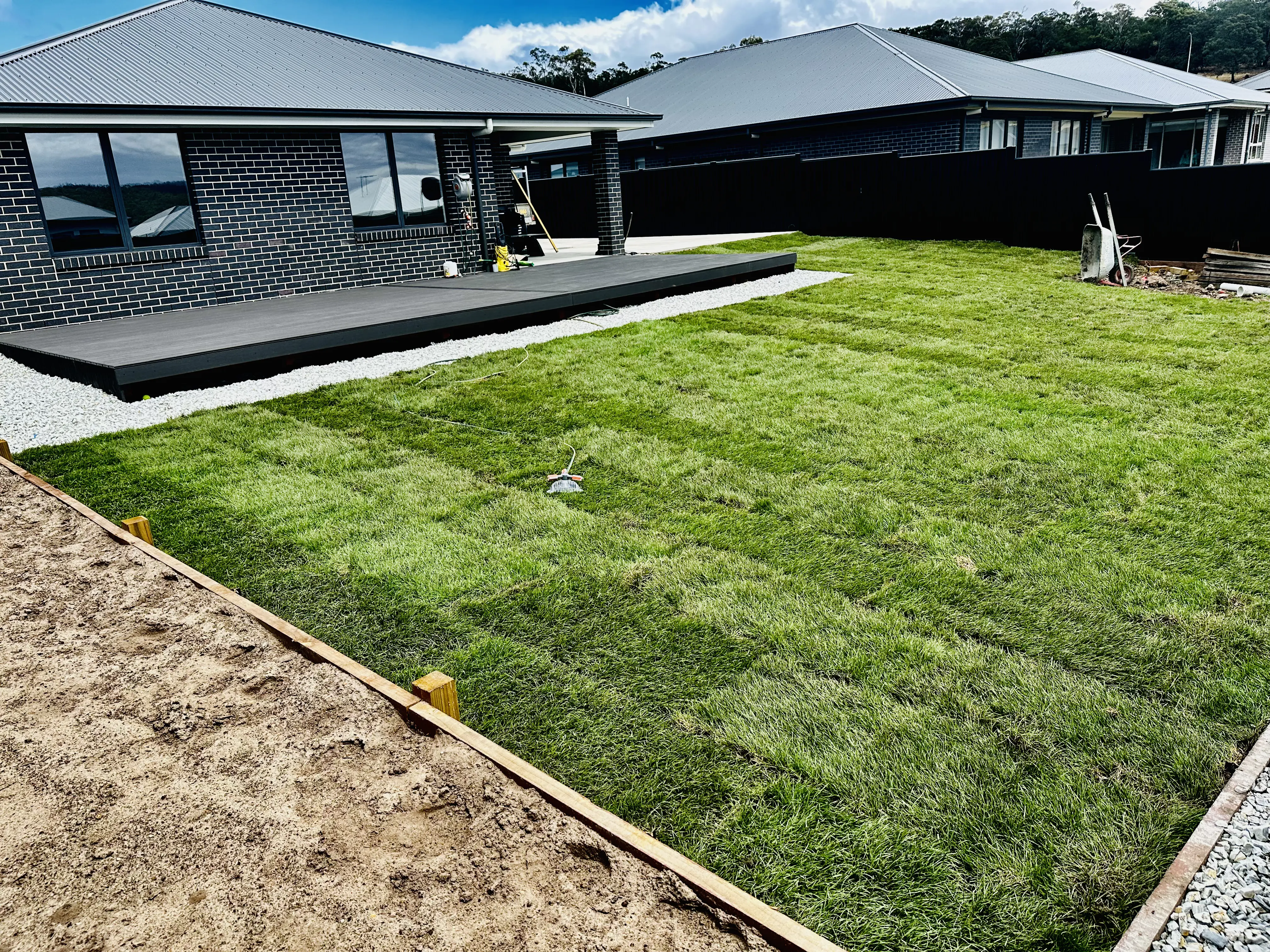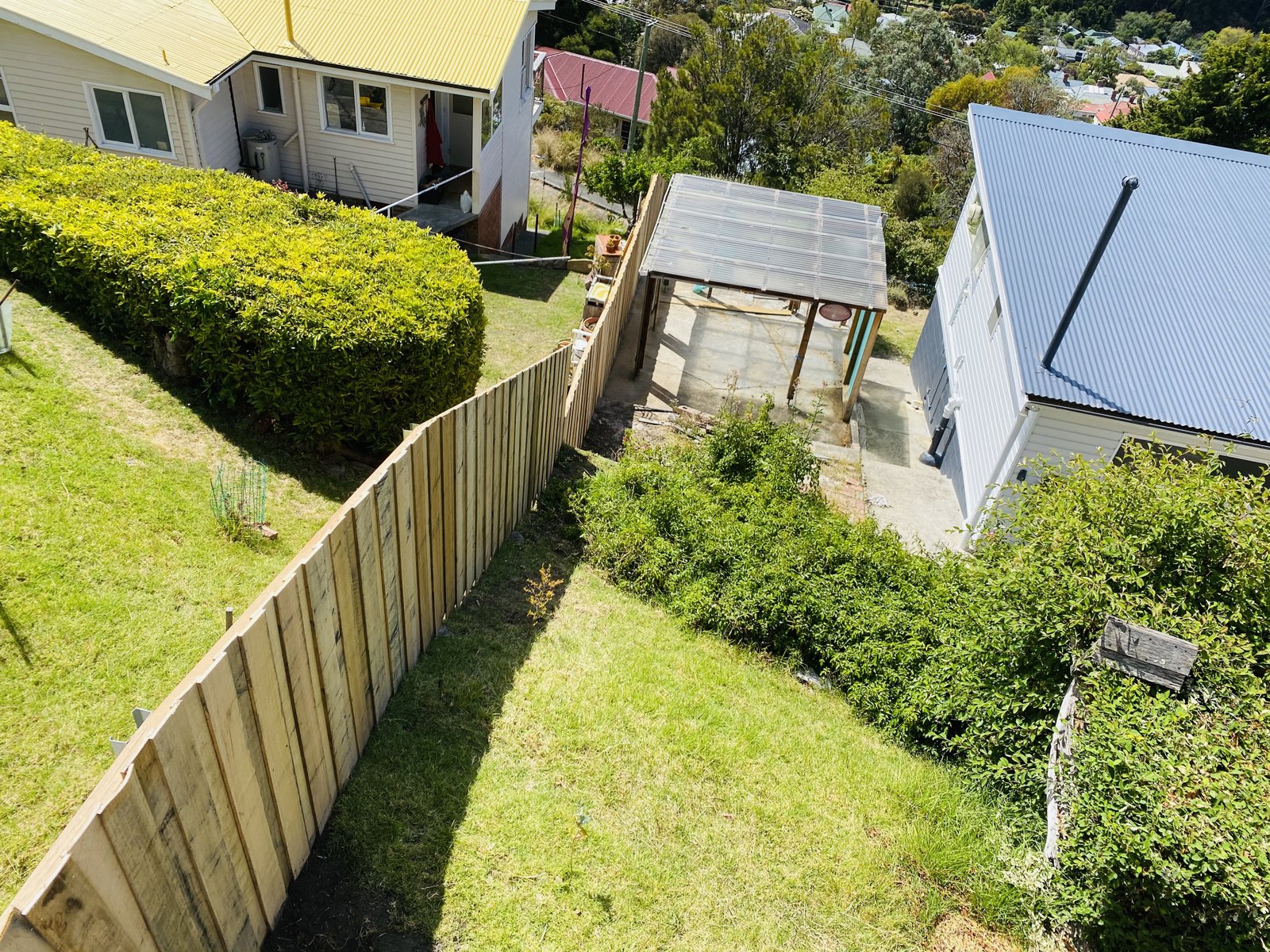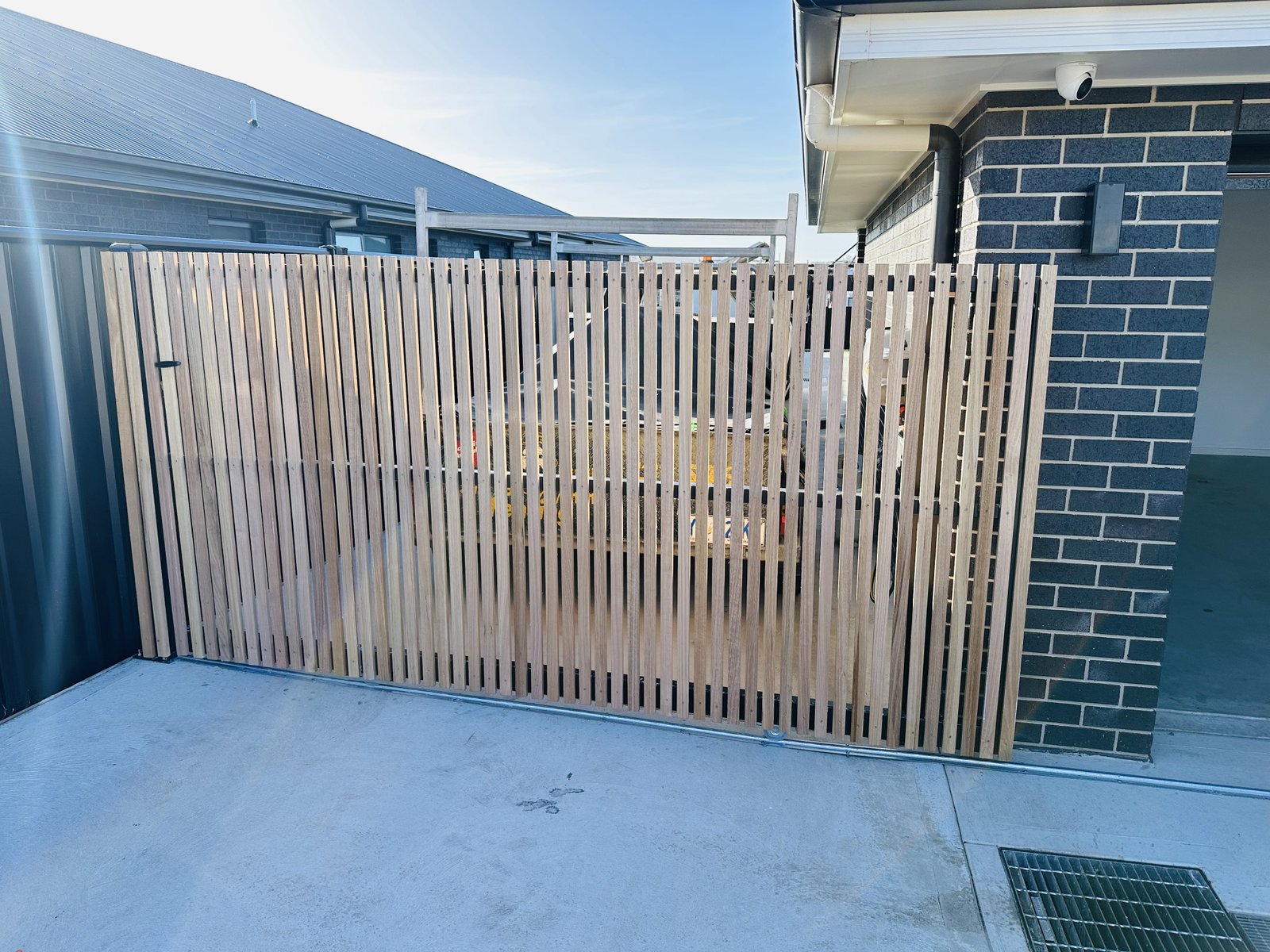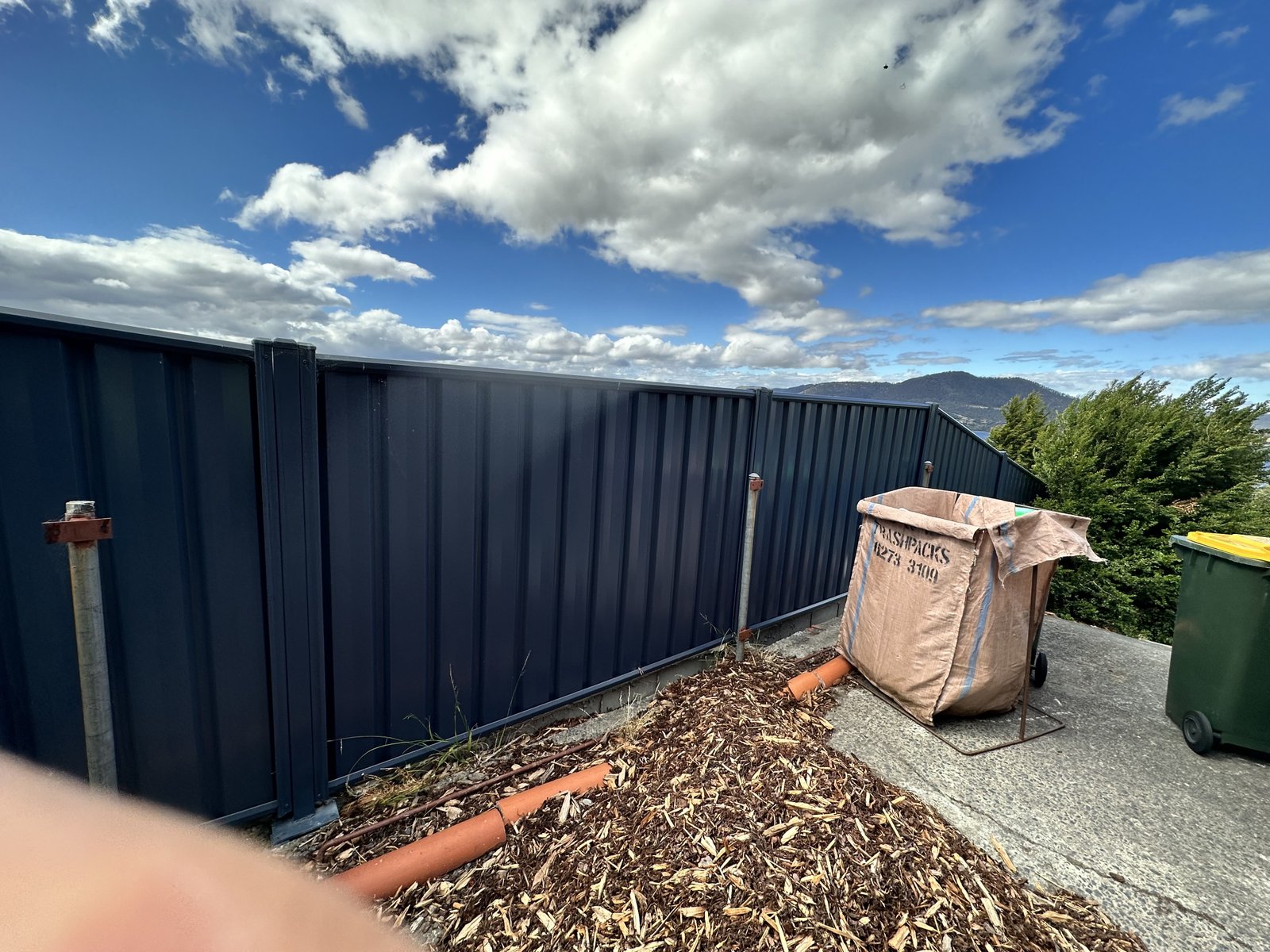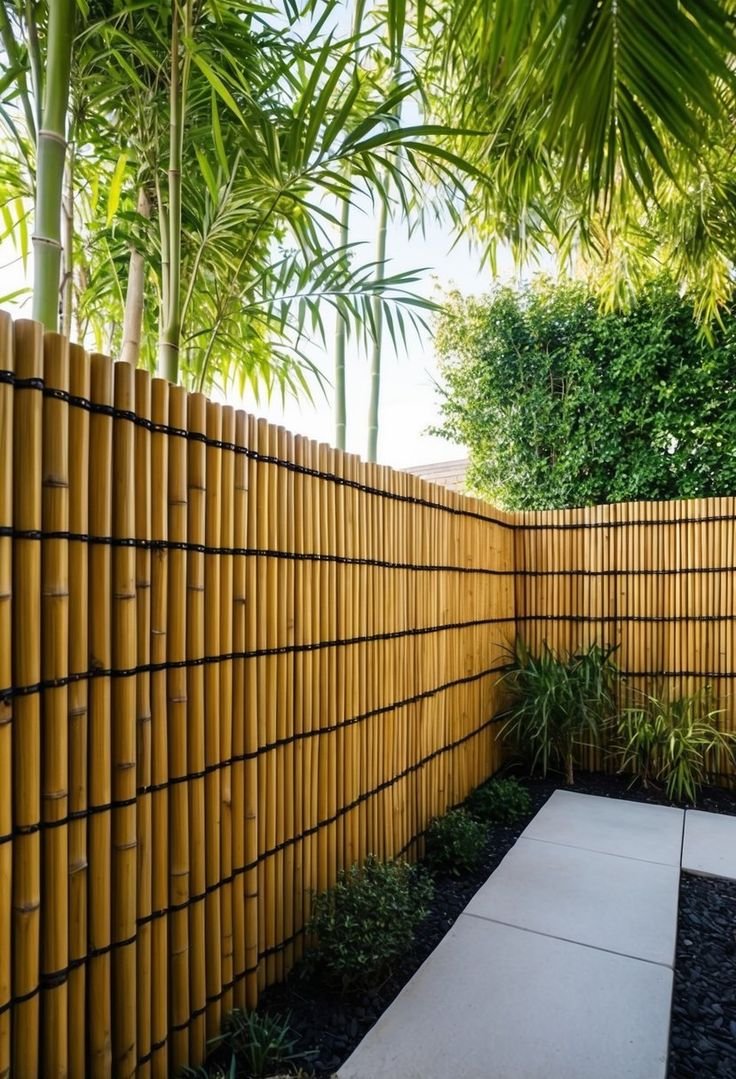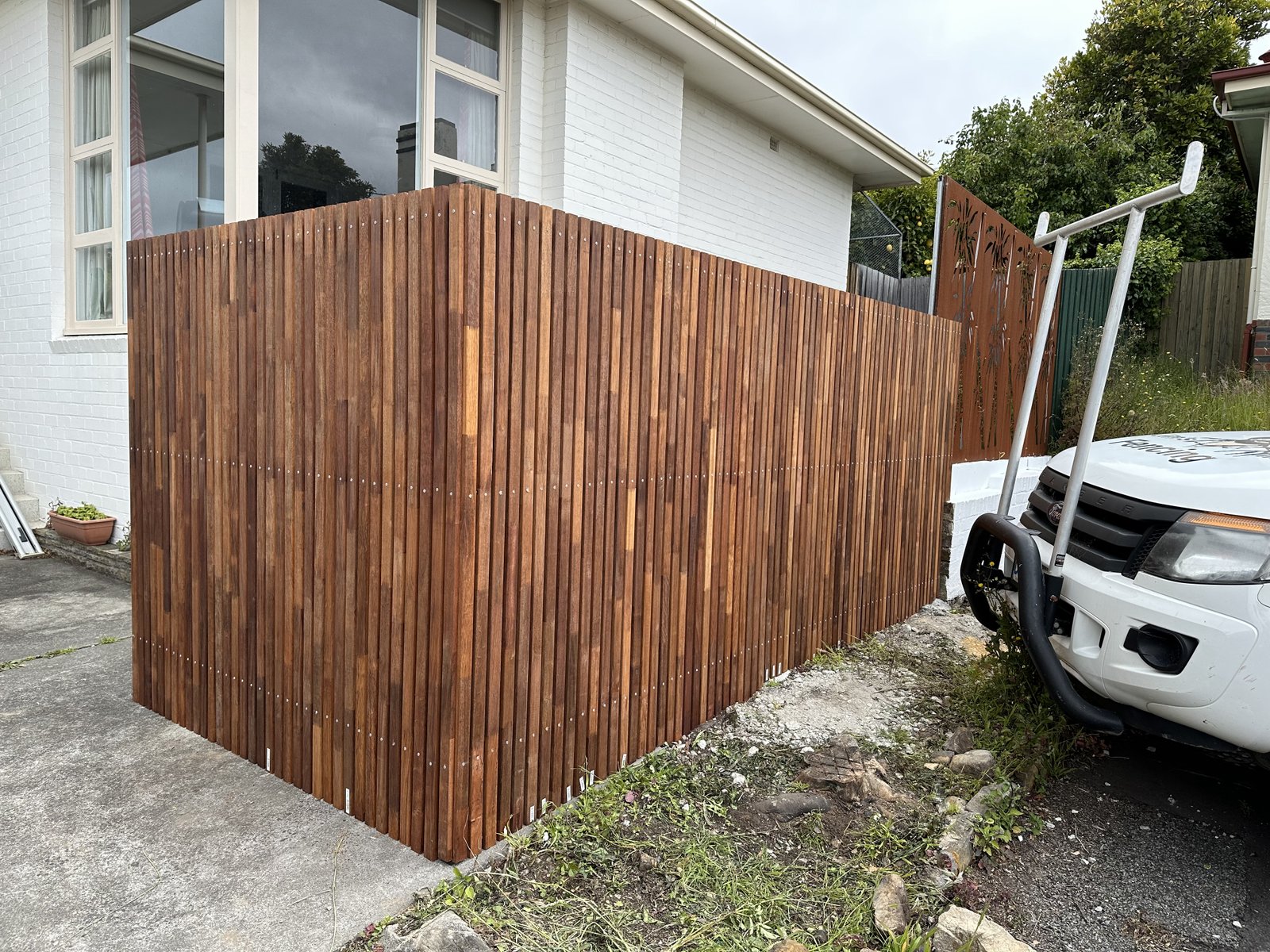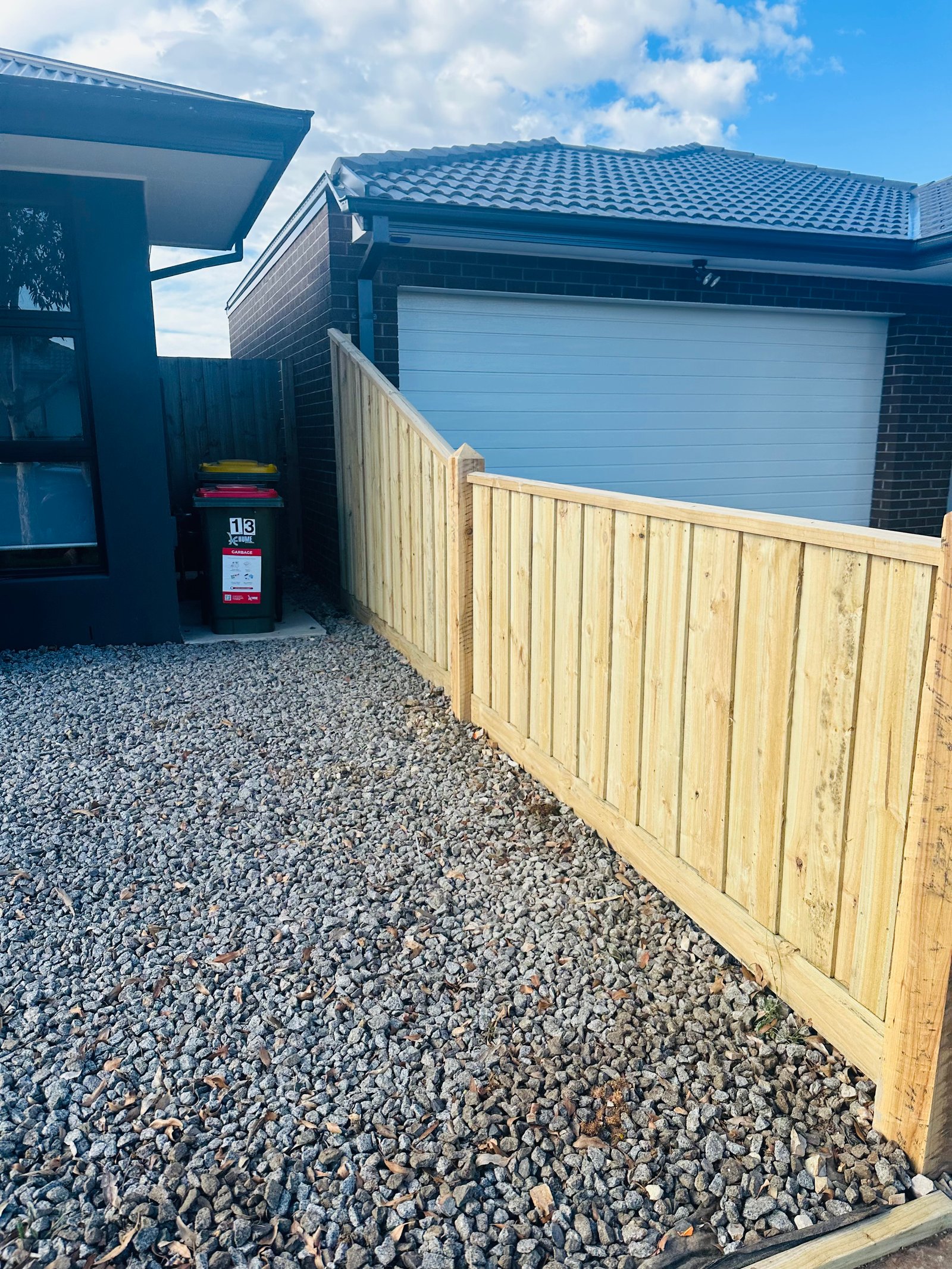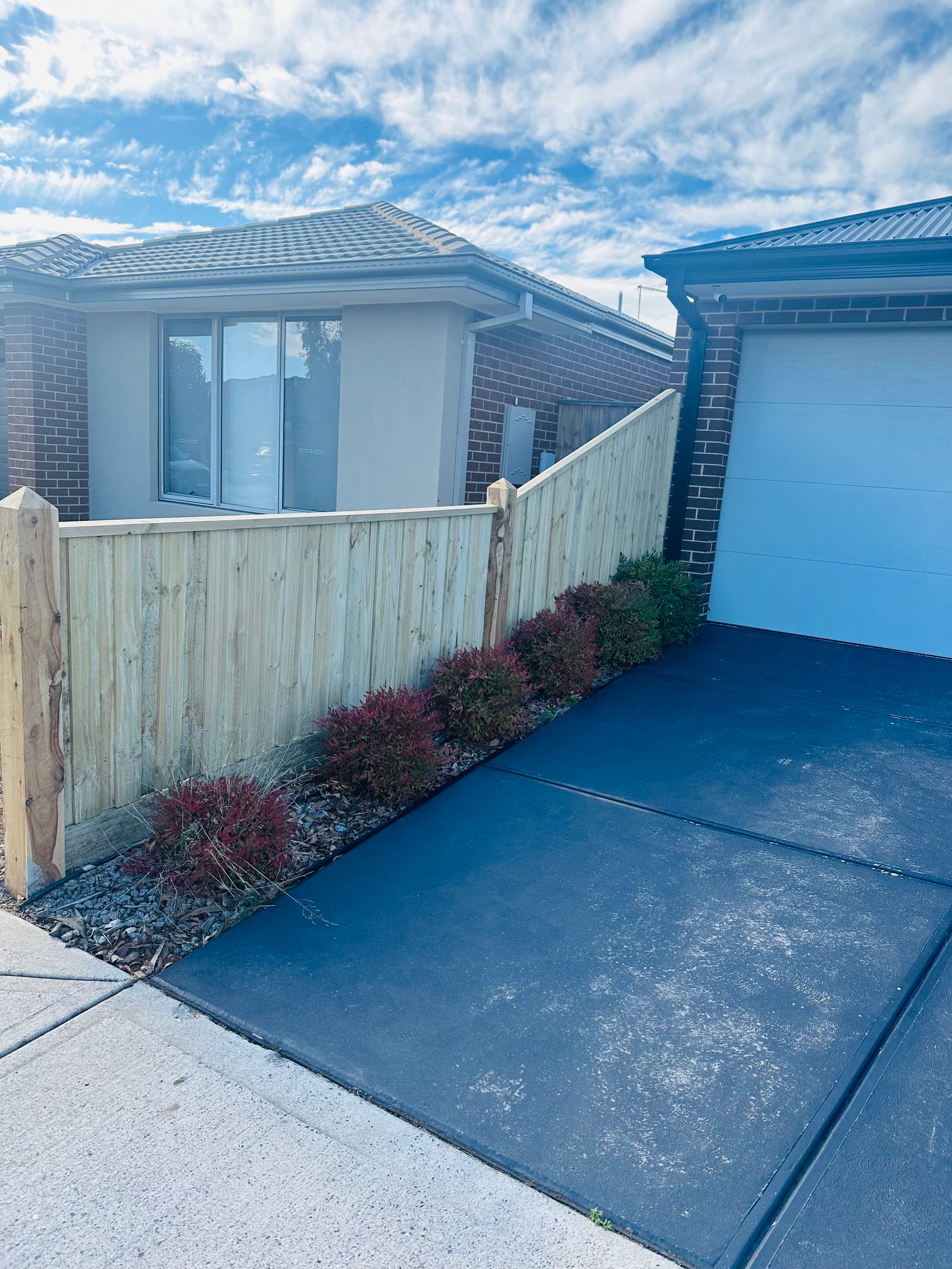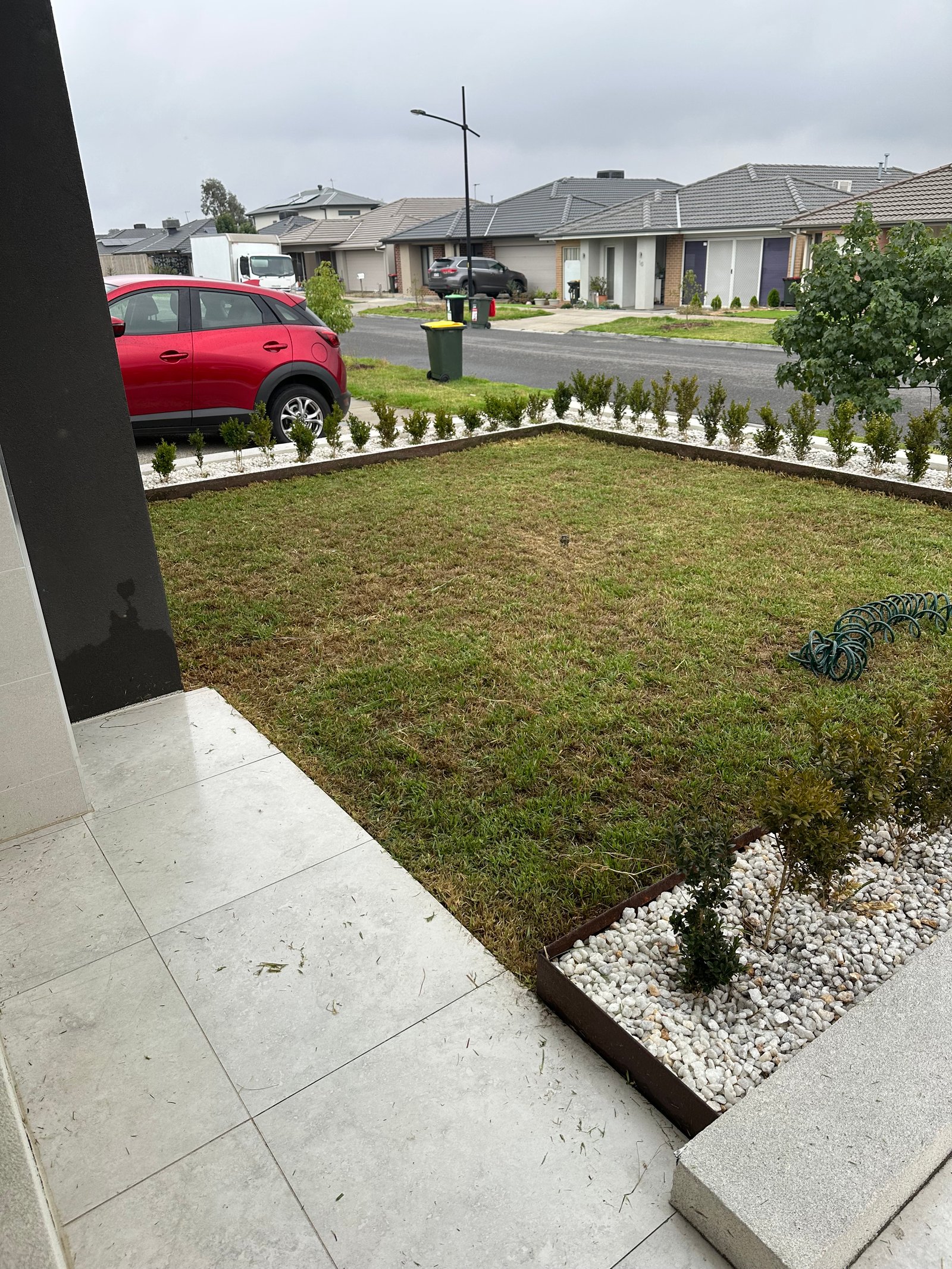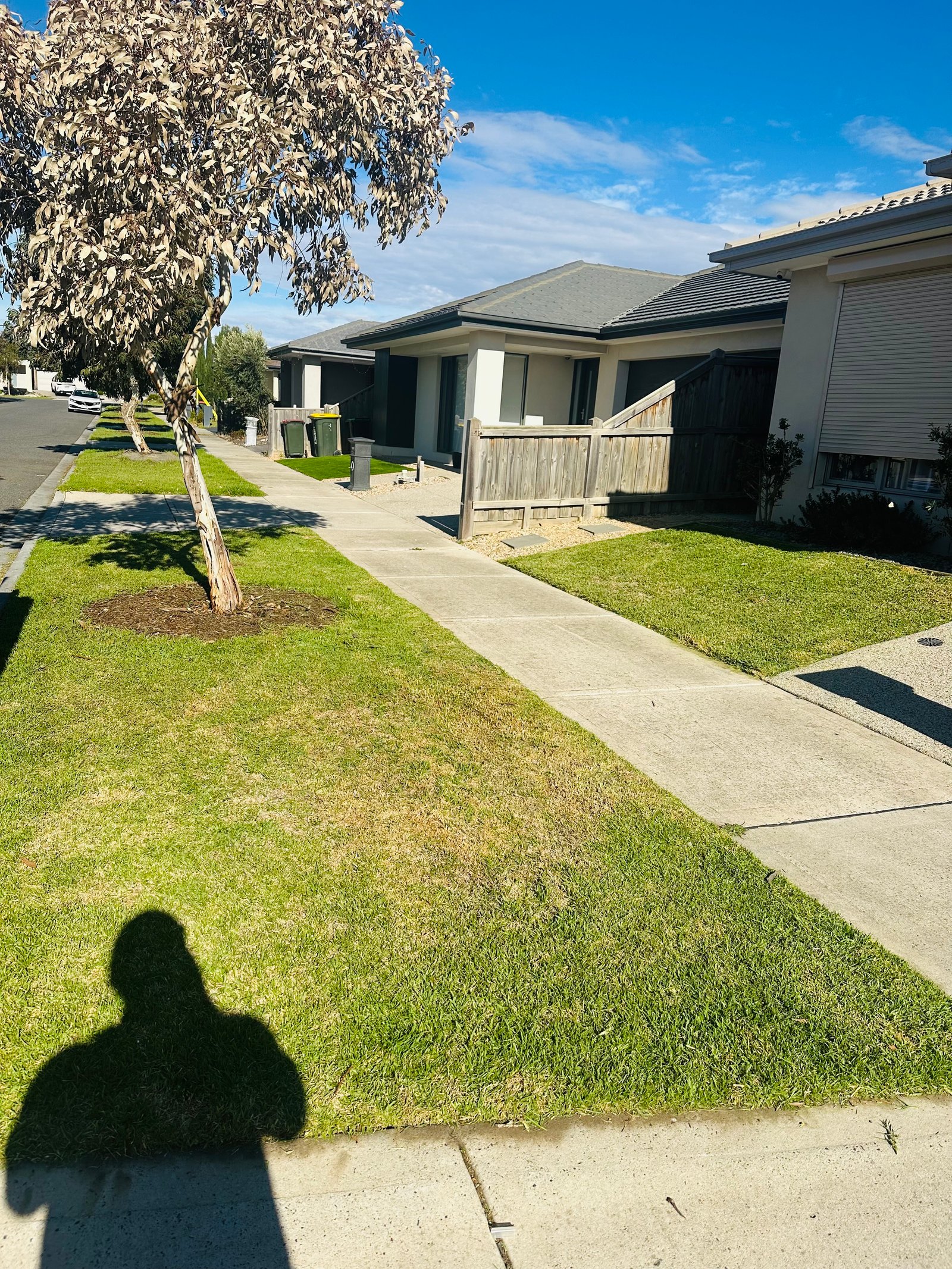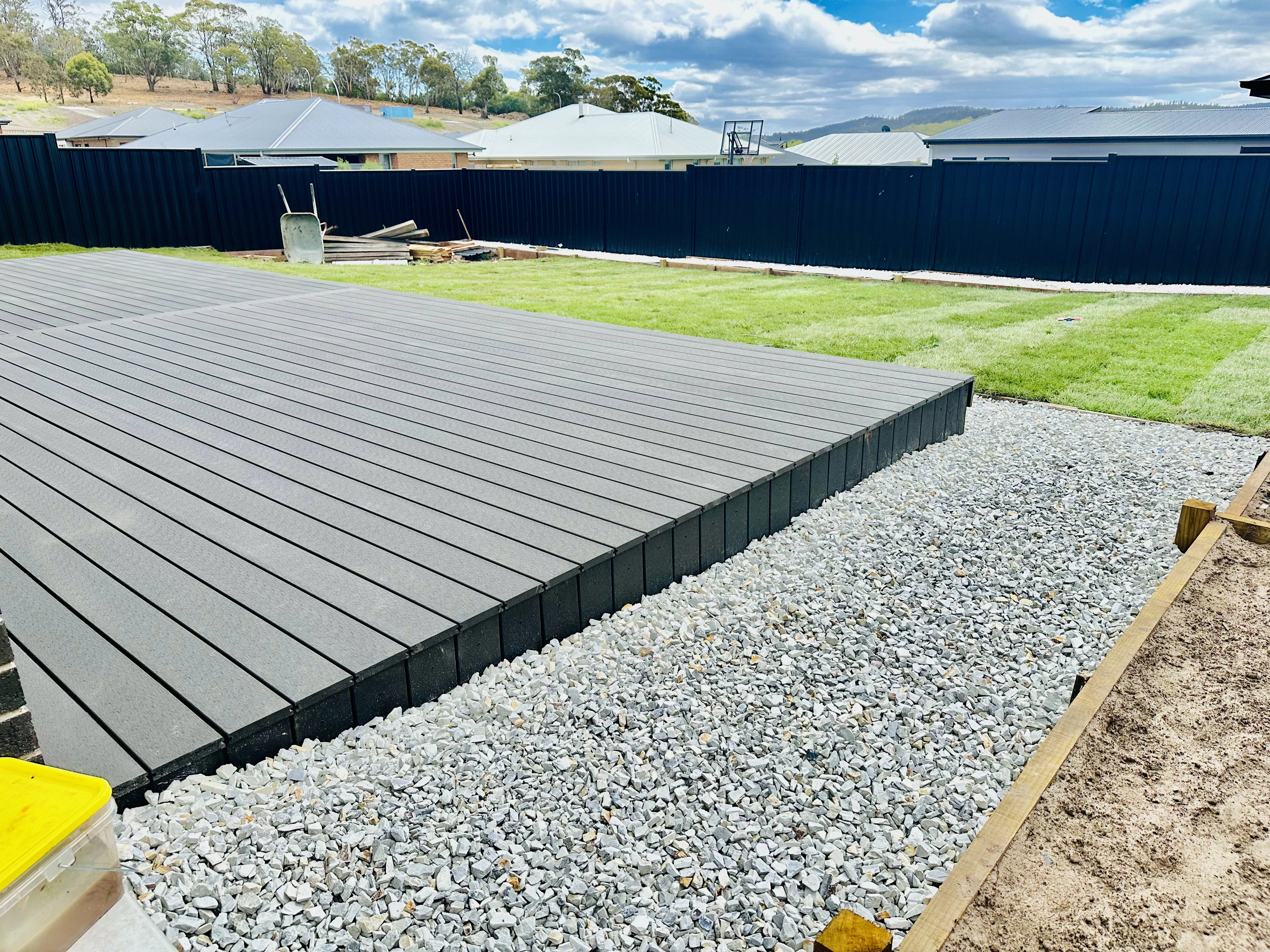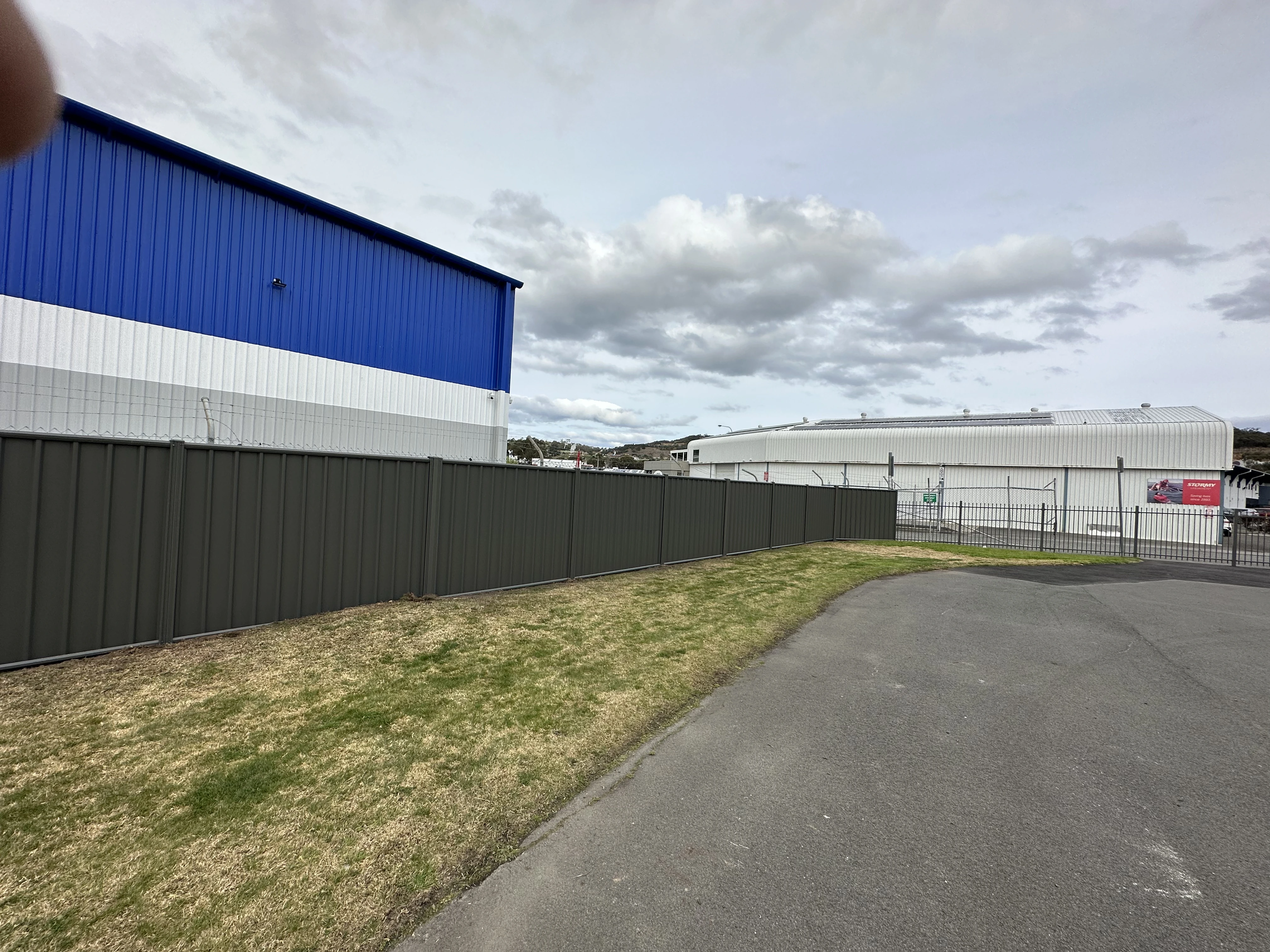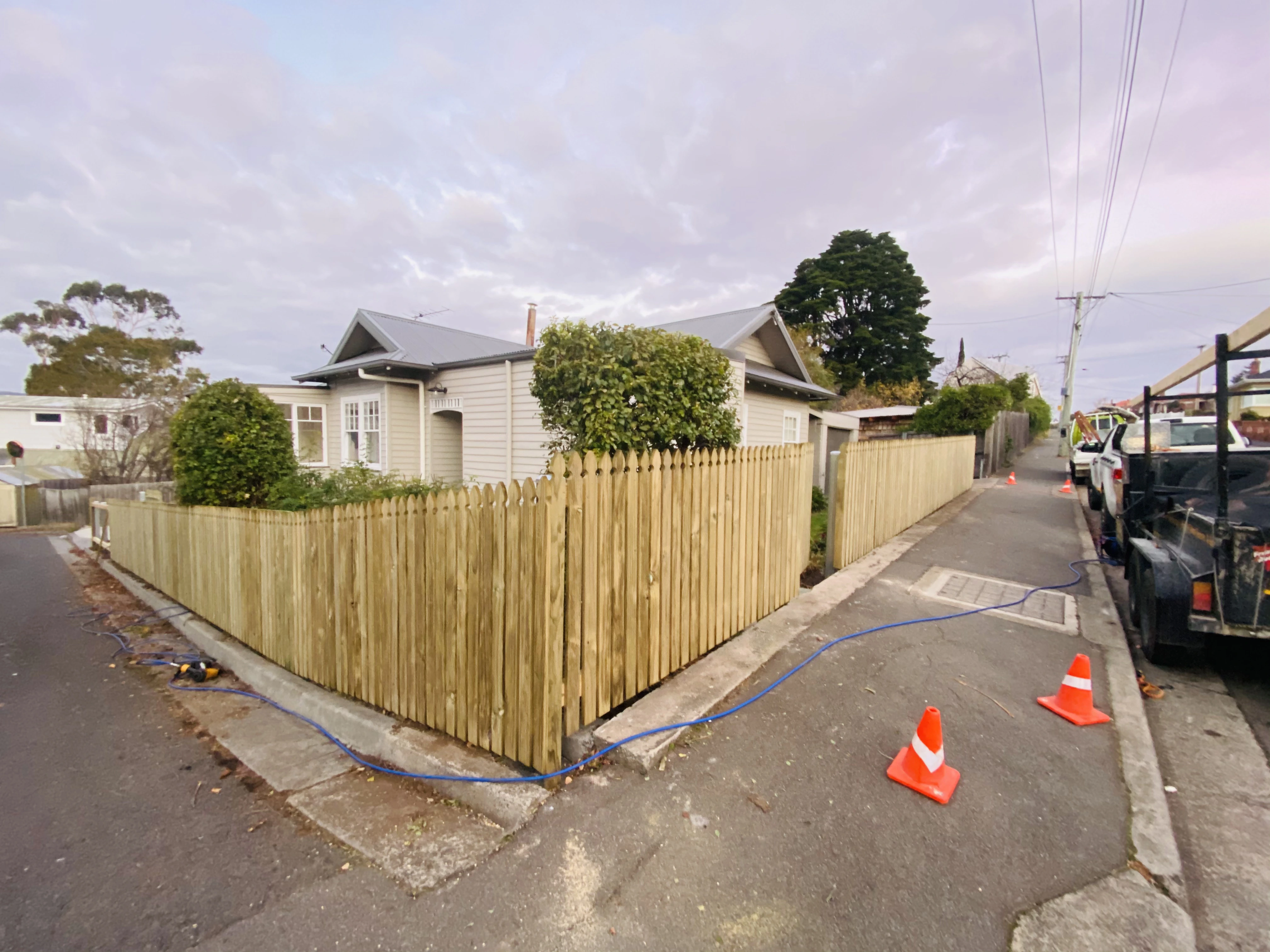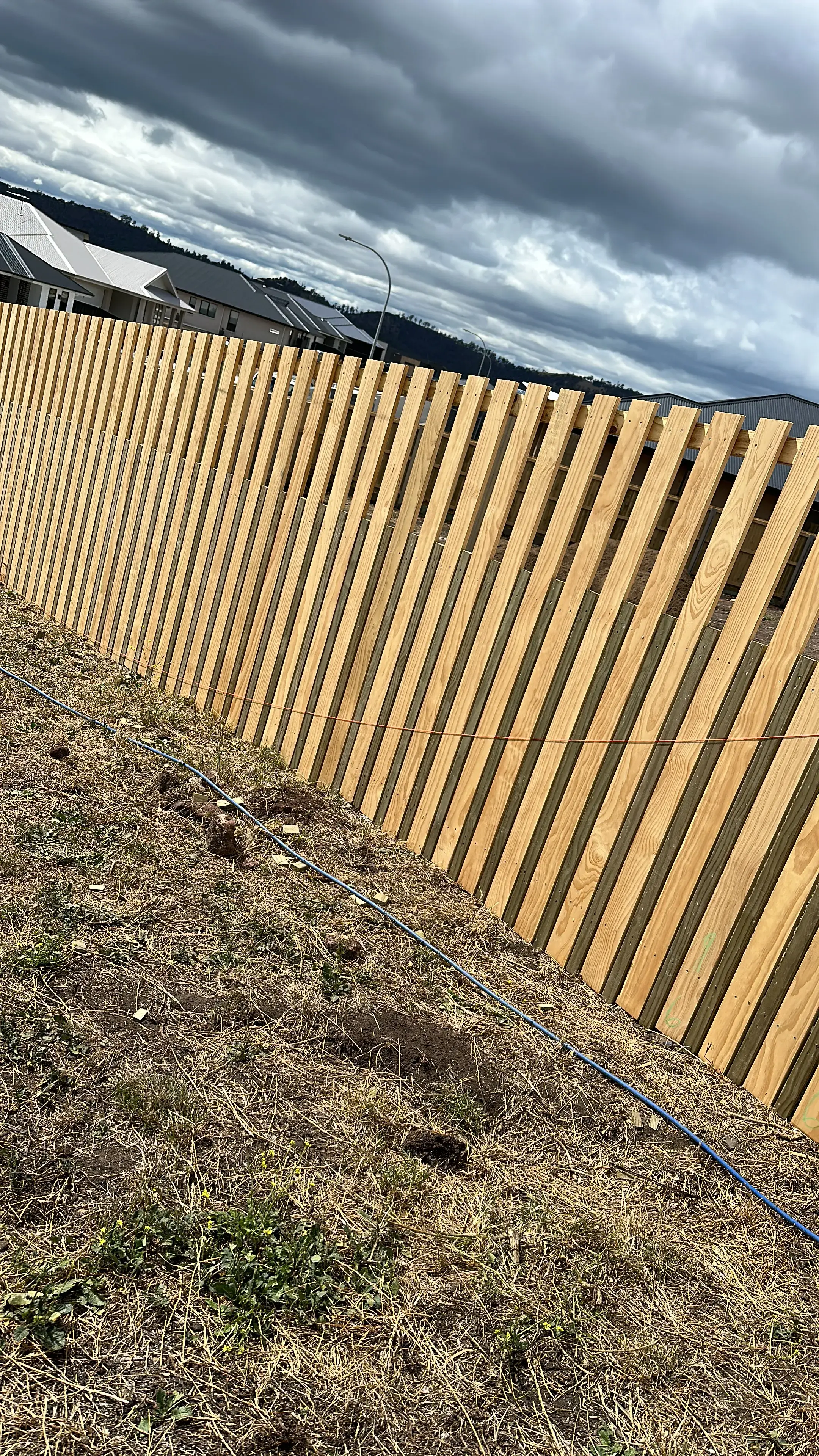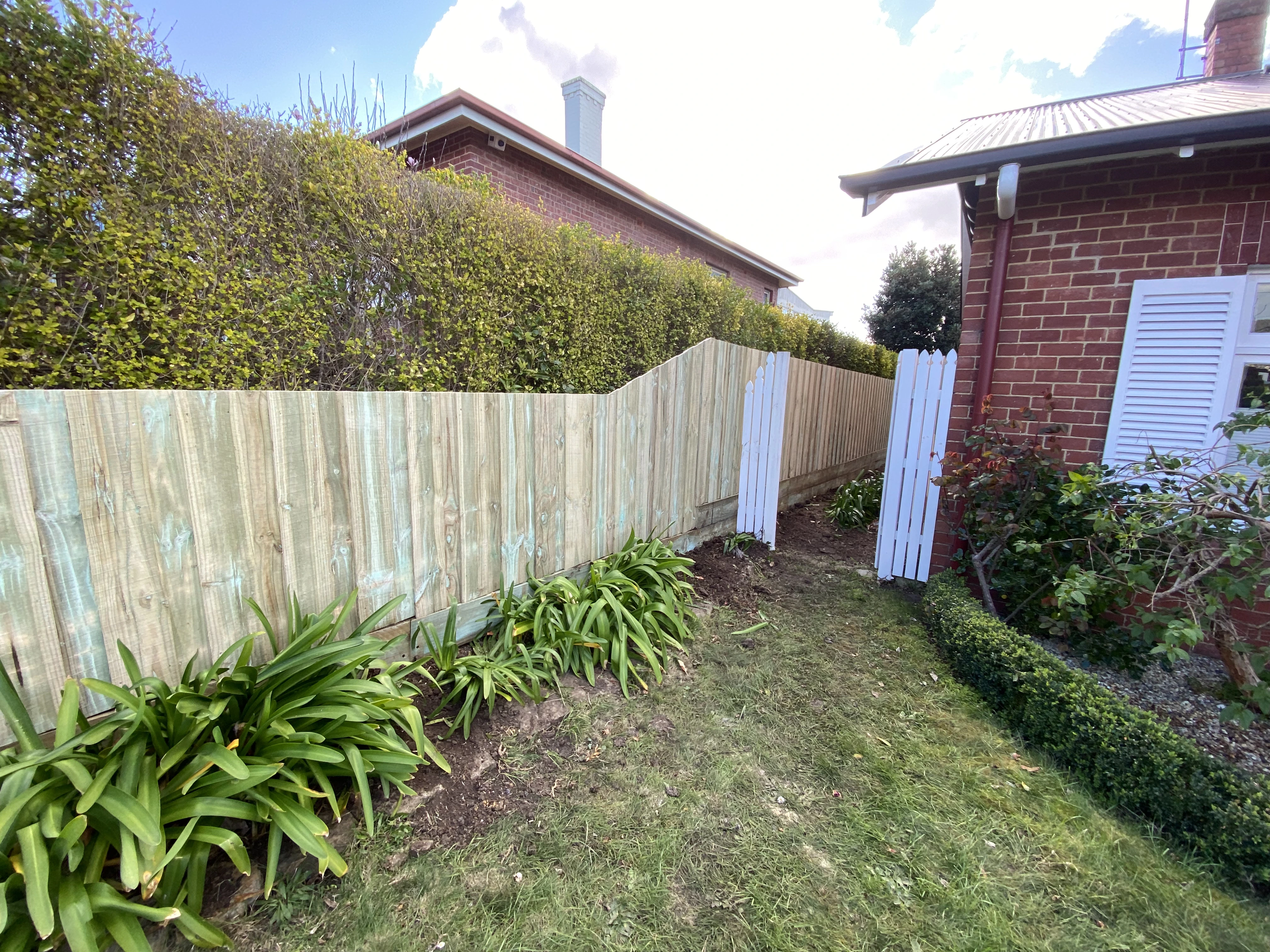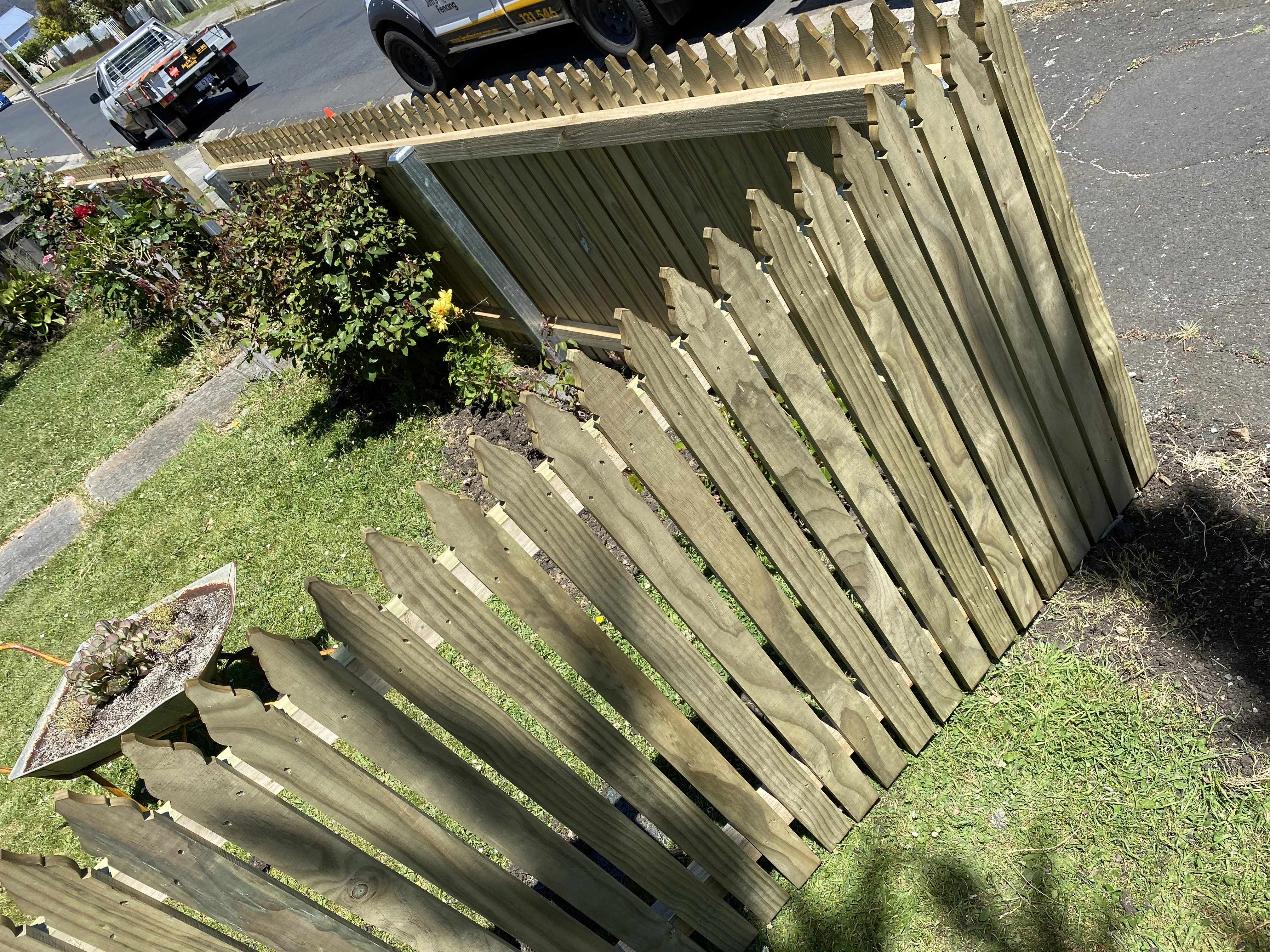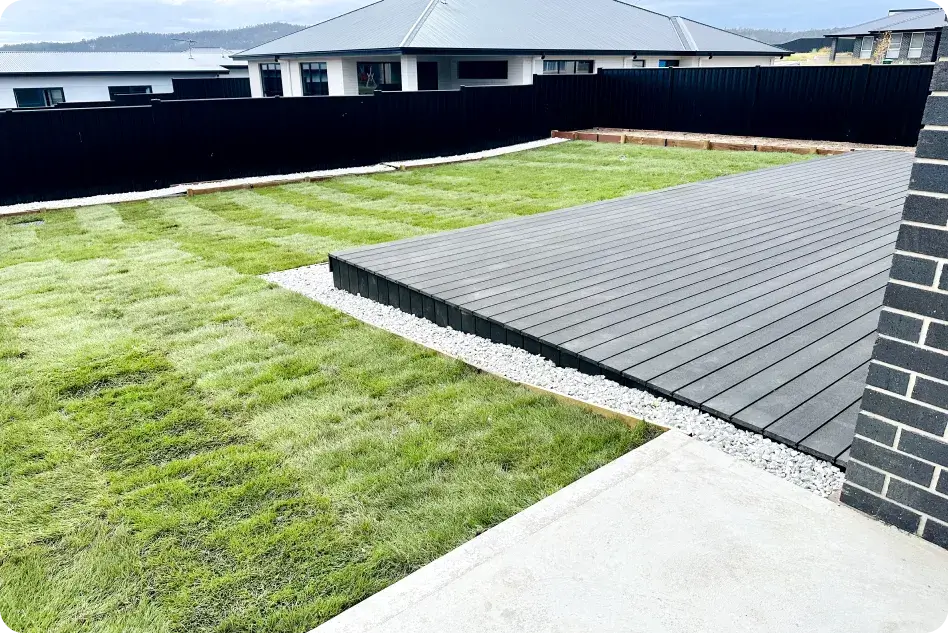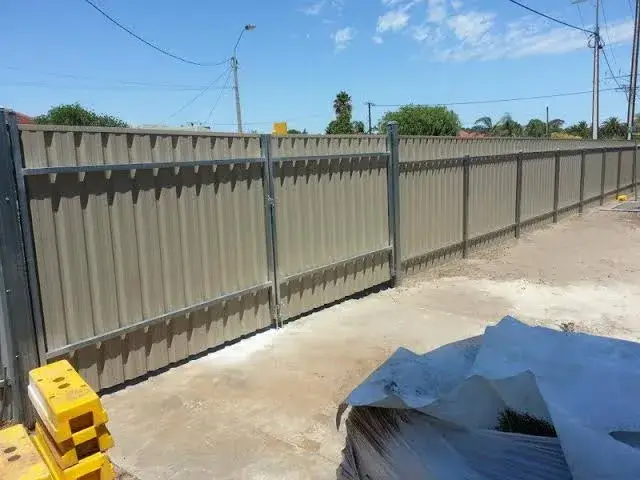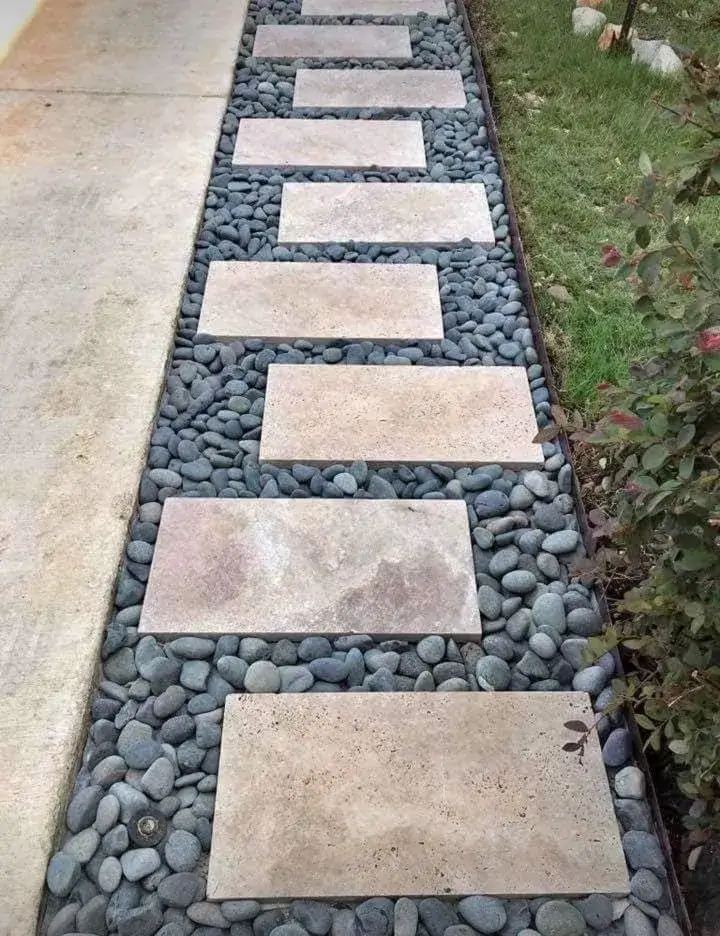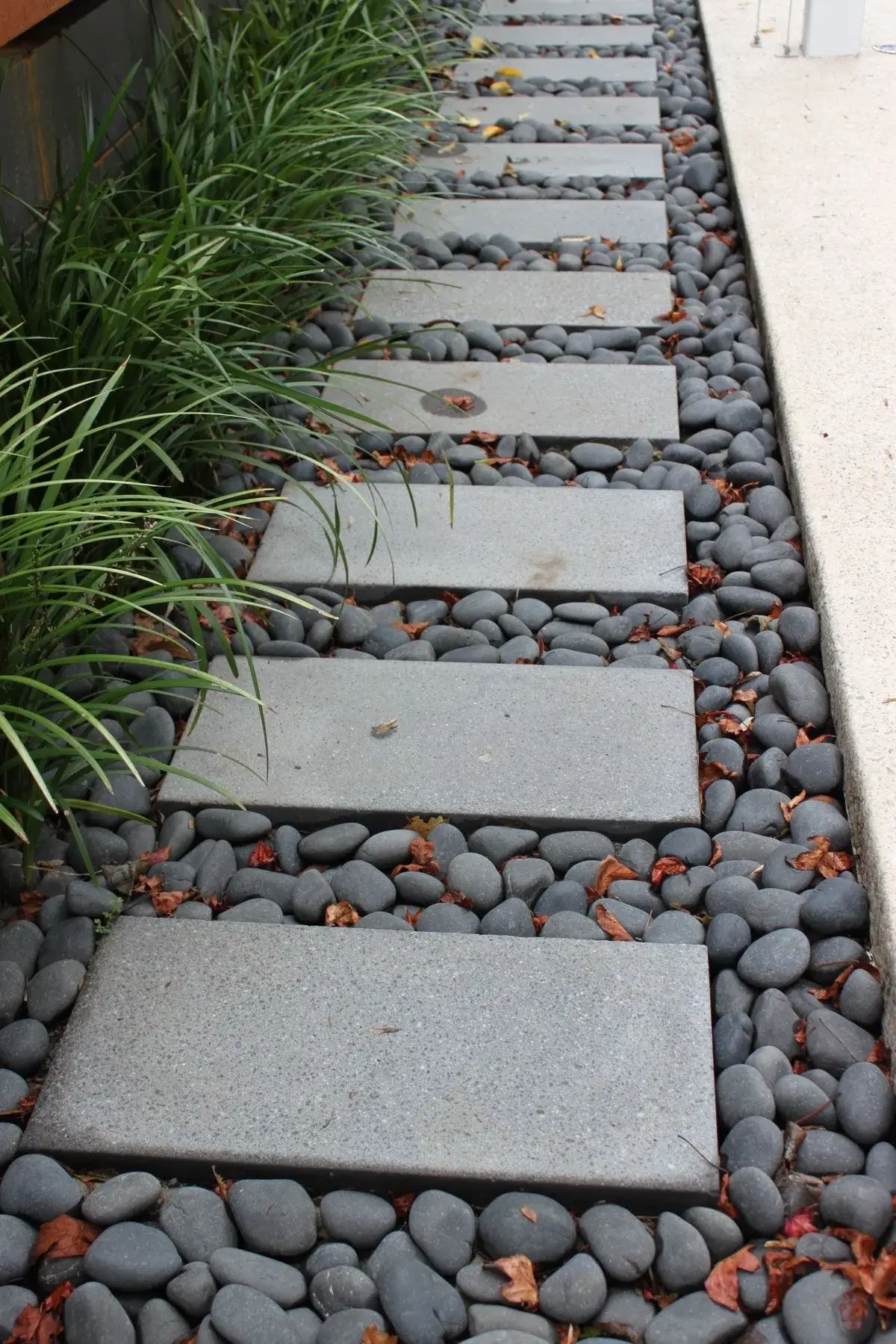For The best
Fencing,Decking,Mowing
Services Across Australia
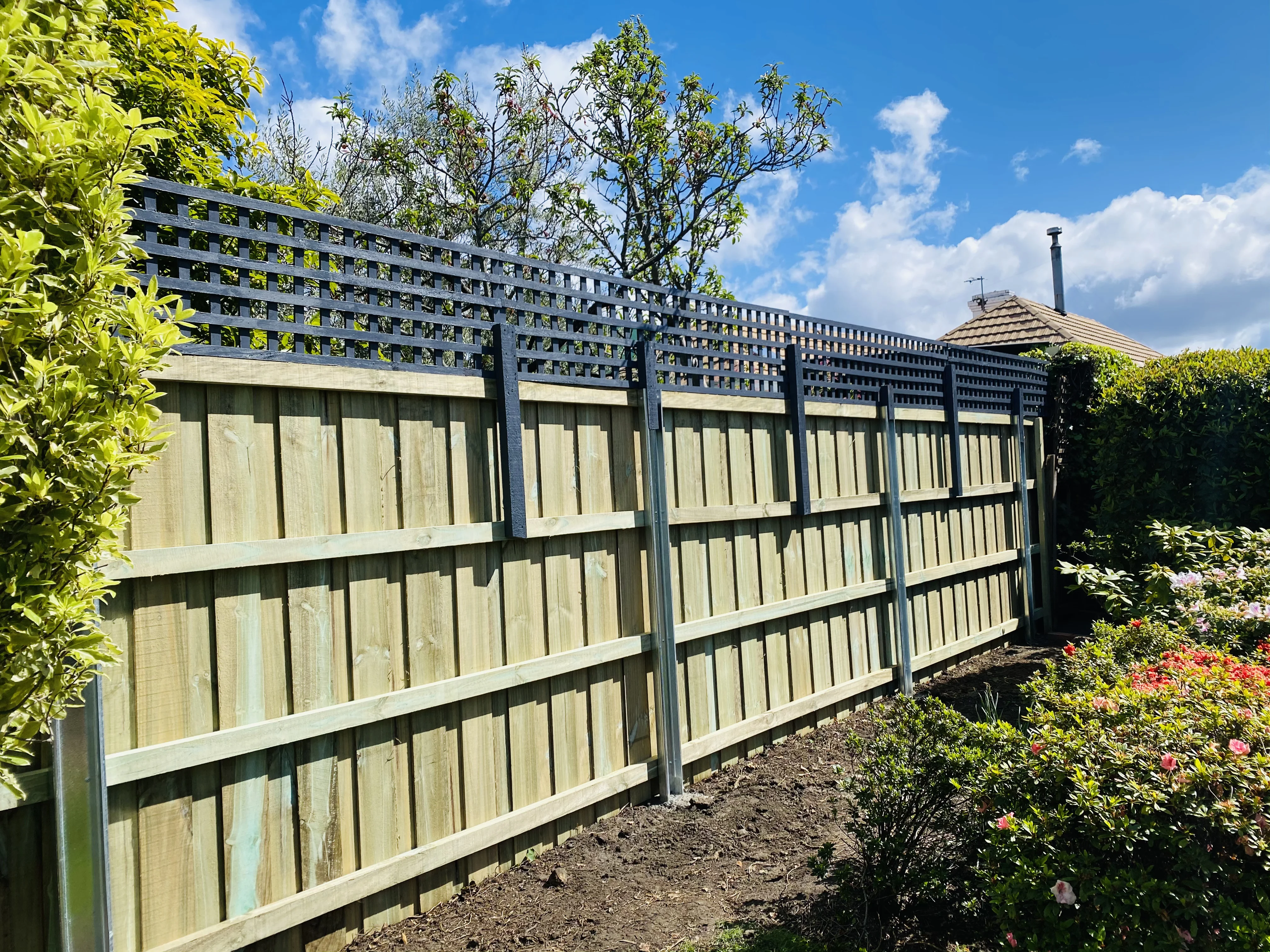
Fencing Services
Sky Nature’s fencing services are built to handle the harsh climate of Australia while delivering unmatched durability and quality. With little to no upkeep and long-term warranties, our commercial and residential fencing solutions are budget-friendly and designed to last. From poolside cabanas to stylish garden fences to shades, sunscreens, and privacy fencing – we’ve got it all! We specialize in premium fence installations and replacements, too.
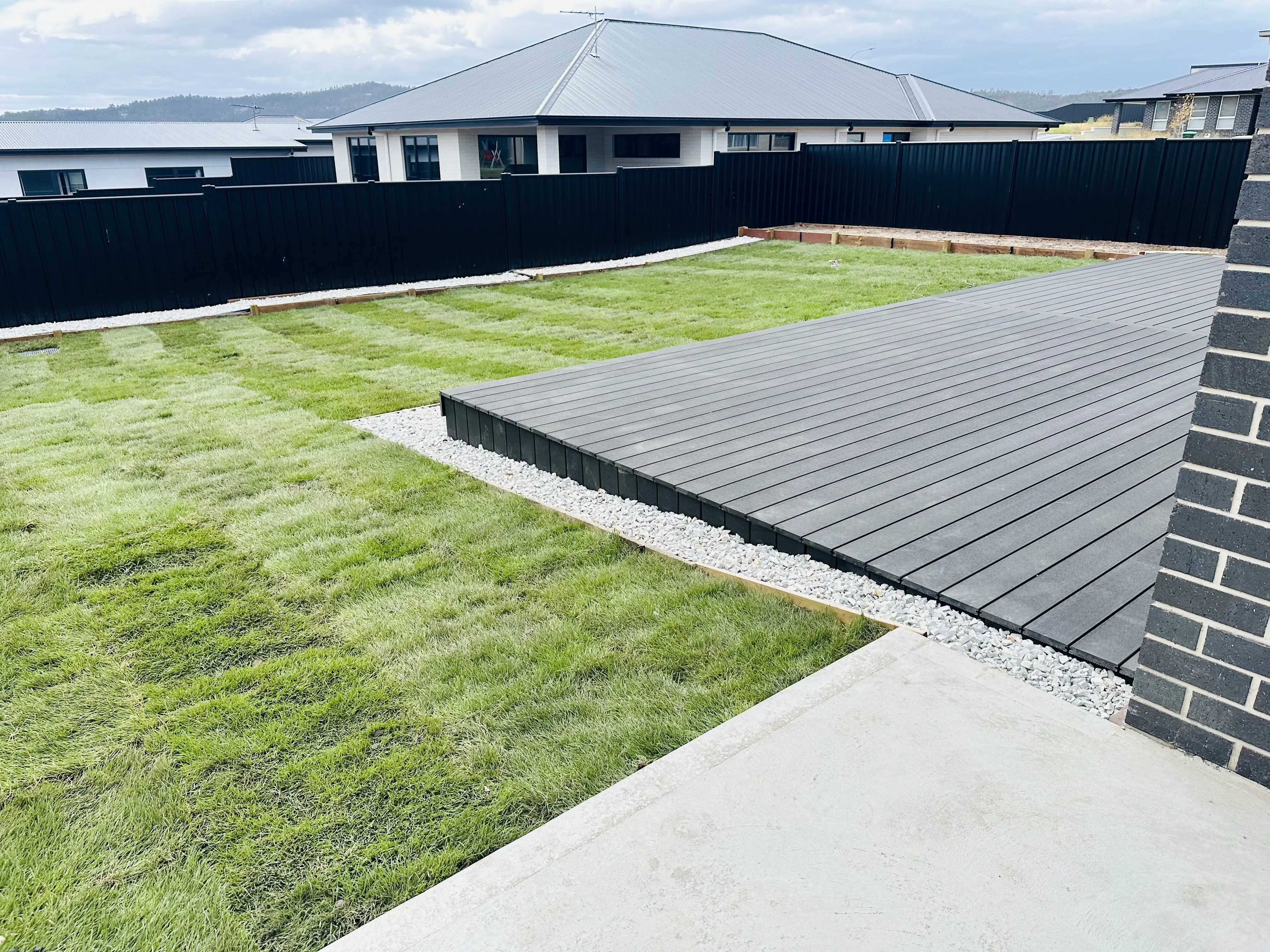
Decking Services
Sky Nature’s eco-friendly timber decking combines natural aesthetics with durability, using premium recycled timber and plastic materials. Perfect for any space, it requires minimal upkeep. For businesses and homeowners, we provide expert deck maintenance, installation, and deck repair in Victoria Australia – whether it’s a compact backyard deck or a wide-area commercial outdoor setting.
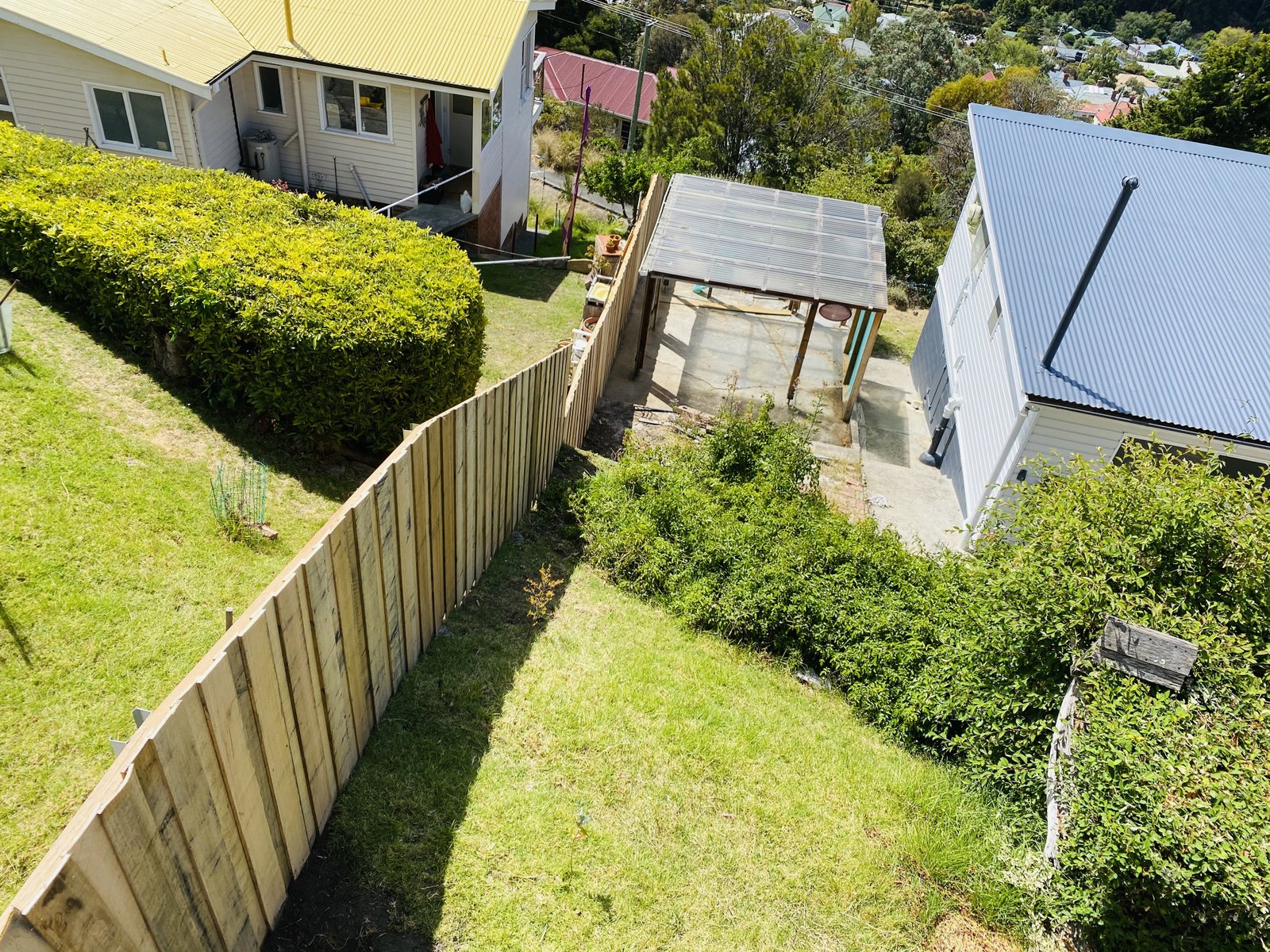
Mowing Services
Keep your lawn in the best shape year-round with Sky Nature’s expert lawn mowing and care services. From lawn trimming, coring, fertilizing, and aeration to turf laying, we handle it all – even artificial lawns. Looking for ride-on mowing or grass slashing for large properties? Count on us for budget-friendly, reliable solutions tailored to every property type.
Bring Your Dream Outdoors to Life with Our Expert Services!
At Sky Nature, we believe each space holds spectacular potential. With professional mowing, custom decking, and top-notch fencing, we transform outdoor areas across Australia with care and expertise!
Fencing FAQ
What Services Does Sky Nature Provide?
As one of Australia’s leading outdoor specialists, Sky Nature provides a comprehensive range of services – including fencing services, lawn mowing, gardening, garden landscaping, hedge trimming, rubbish removal, gutter cleaning, pruning, and more. From custom outdoor design to complete transformations, we transform your dream space into reality – with precision and perfection!
What Makes Sky Nature Worth Your Time and Trust?
Your entire outdoor transformation project across Australia is managed under one trusted contract with a 10-year warranty, fixed pricing, and a single point of contact. From tranquil retreats to vibrant lawns, our expert team handles decking, fencing, and mowing with precision – ensuring lasting functionality, beauty, and durability through premium landscaping solutions.
Is Sky Nature Insured?
Yes, every team member at Sky Nature is fully police-checked, insured, and highly trained – giving you peace of mind that your fencing services, lawn mowing, and deck repair in Victoria Australia are delivered by experienced professionals.
What are the Advantages of Using Our Professional Services?
Our expert team ensures your outdoor spaces look picture perfect! Unlike DIY attempts, Sky Nature has the training and right equipment to care for your commercial or residential property. From fencing services to lawn mowing and deck repair in Victoria Australia, we hustle hard to keep your outdoors thriving – with expert aeration, advice, topsoil application, and more!
Do We Guarantee Satisfaction for Our Customers?
Yes, absolutely! Your win is our win. We’re committed to delivering top-notch lawn mowing, fencing, decking, and more – ensuring your utmost satisfaction. If you're not happy with the work or believe we missed your appointment, just drop us a message with photos within 24 hours of the service. We'll promptly send our team back to redo the job at no extra cost – either the same day or as scheduling allows.

